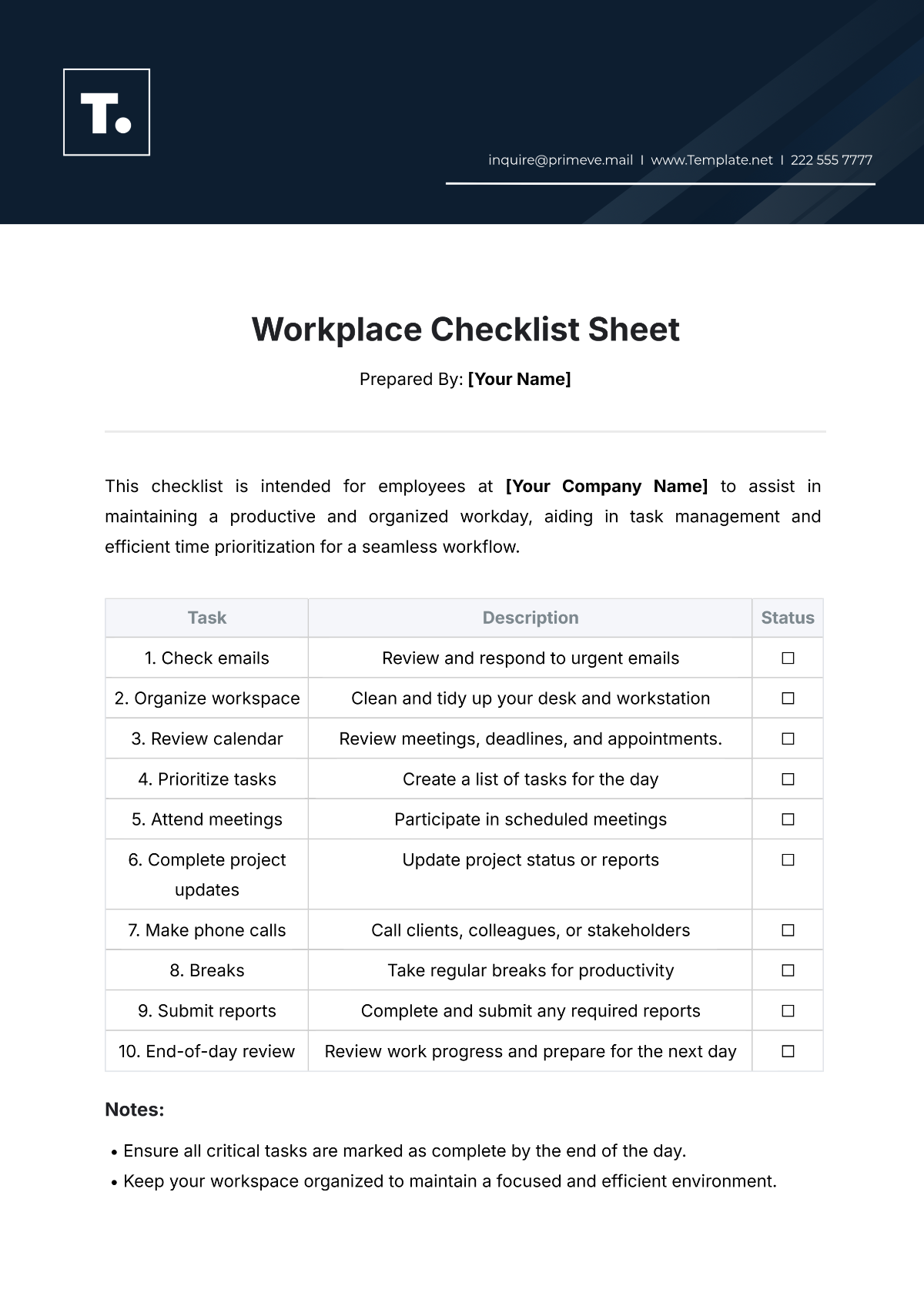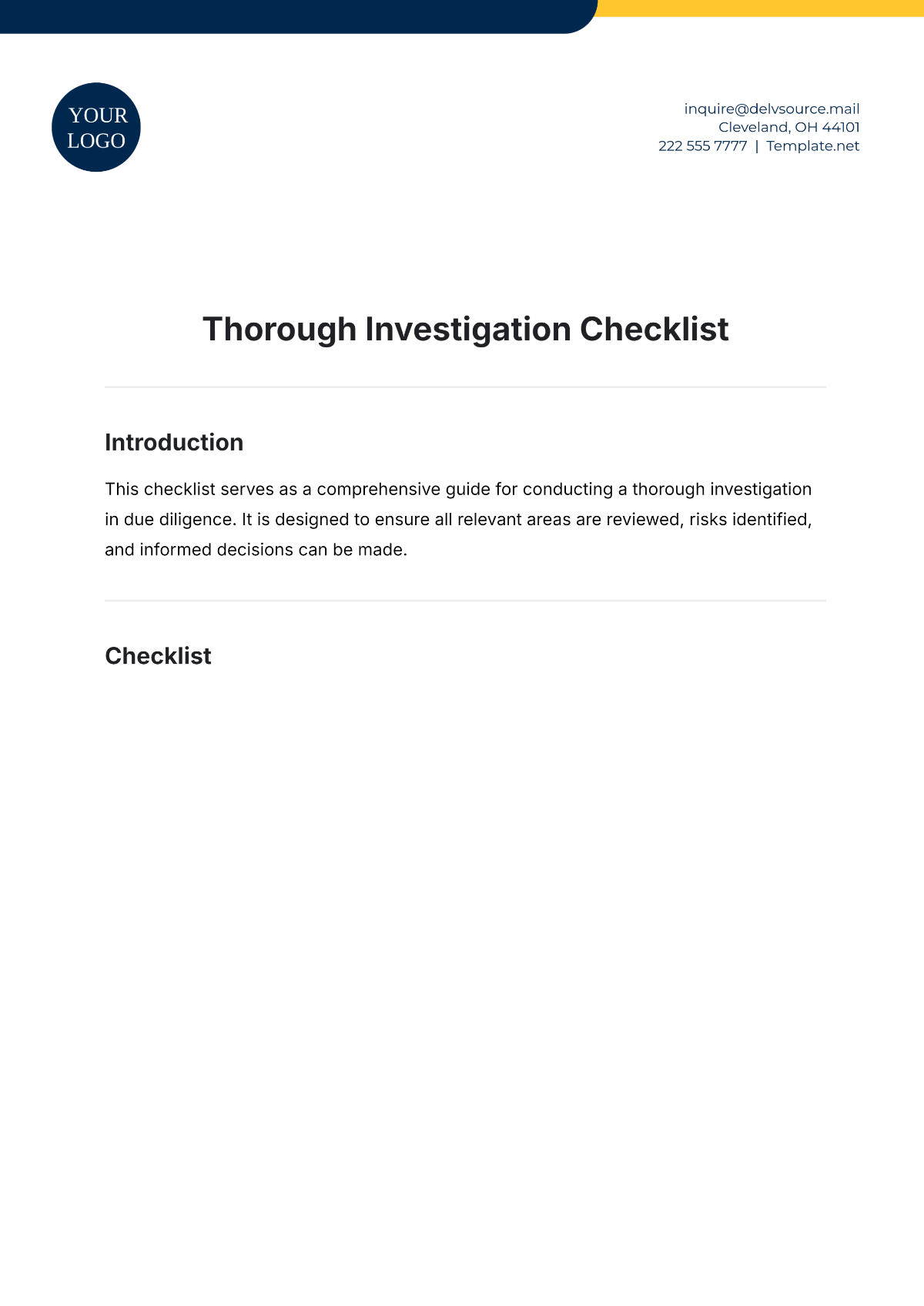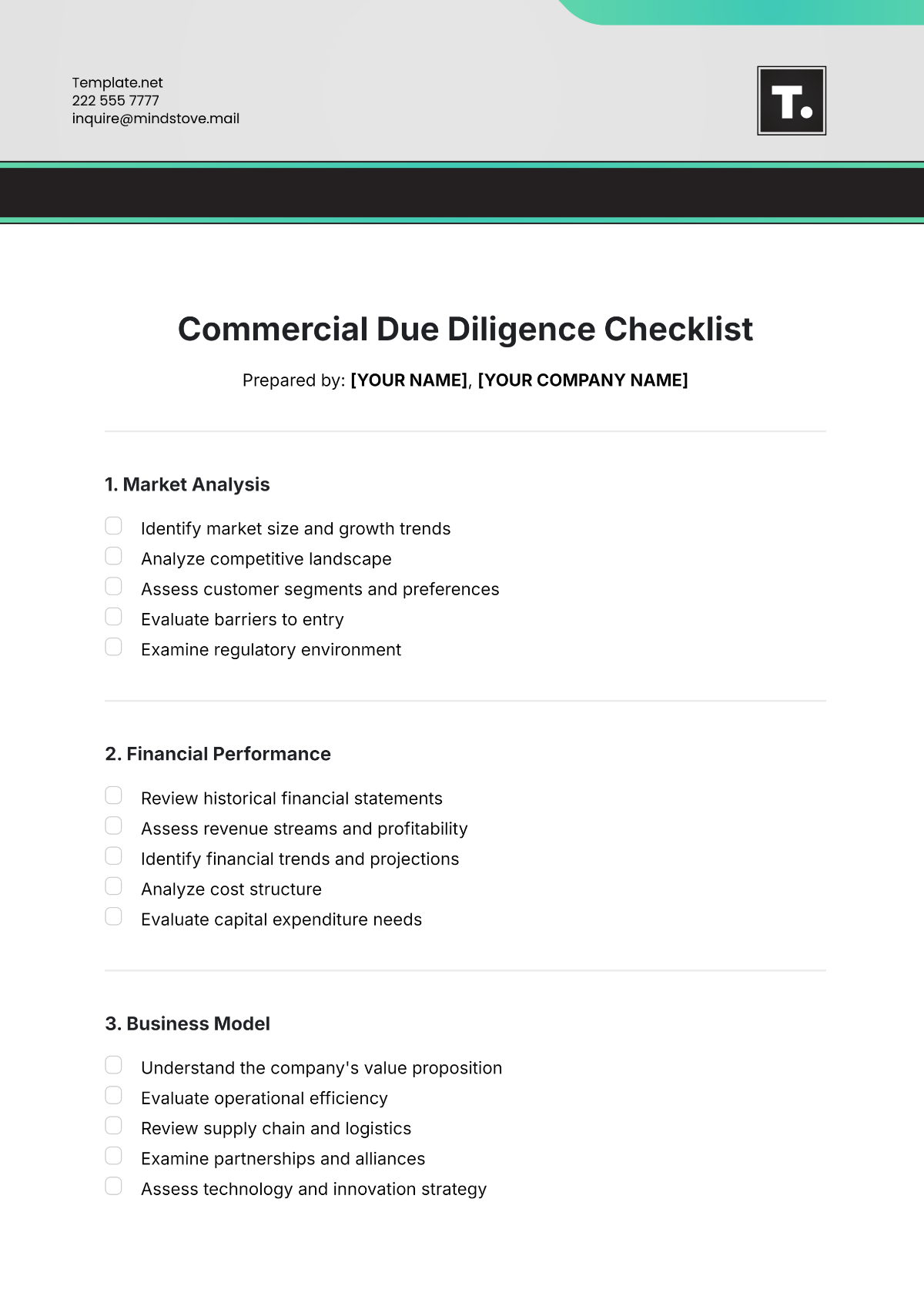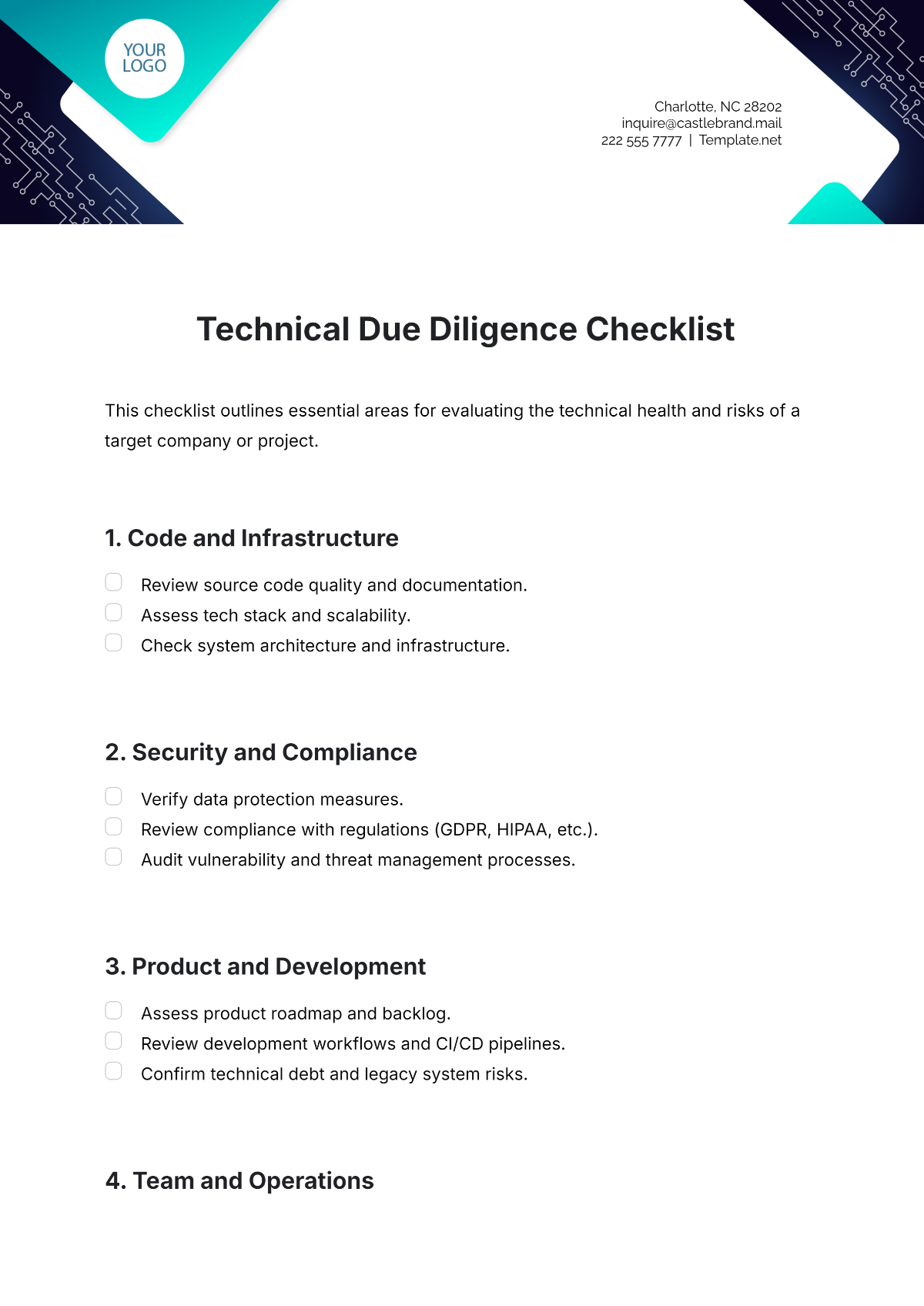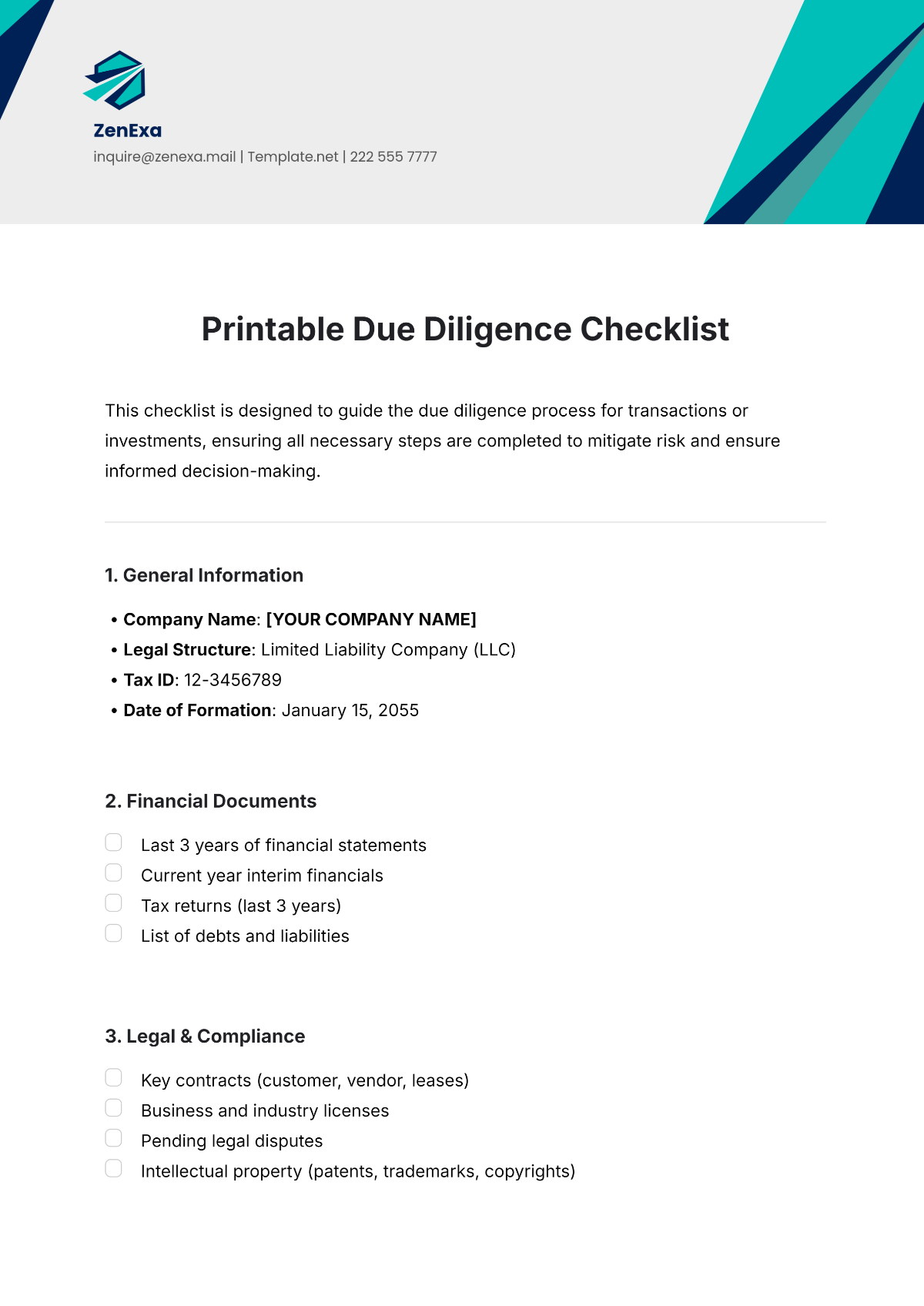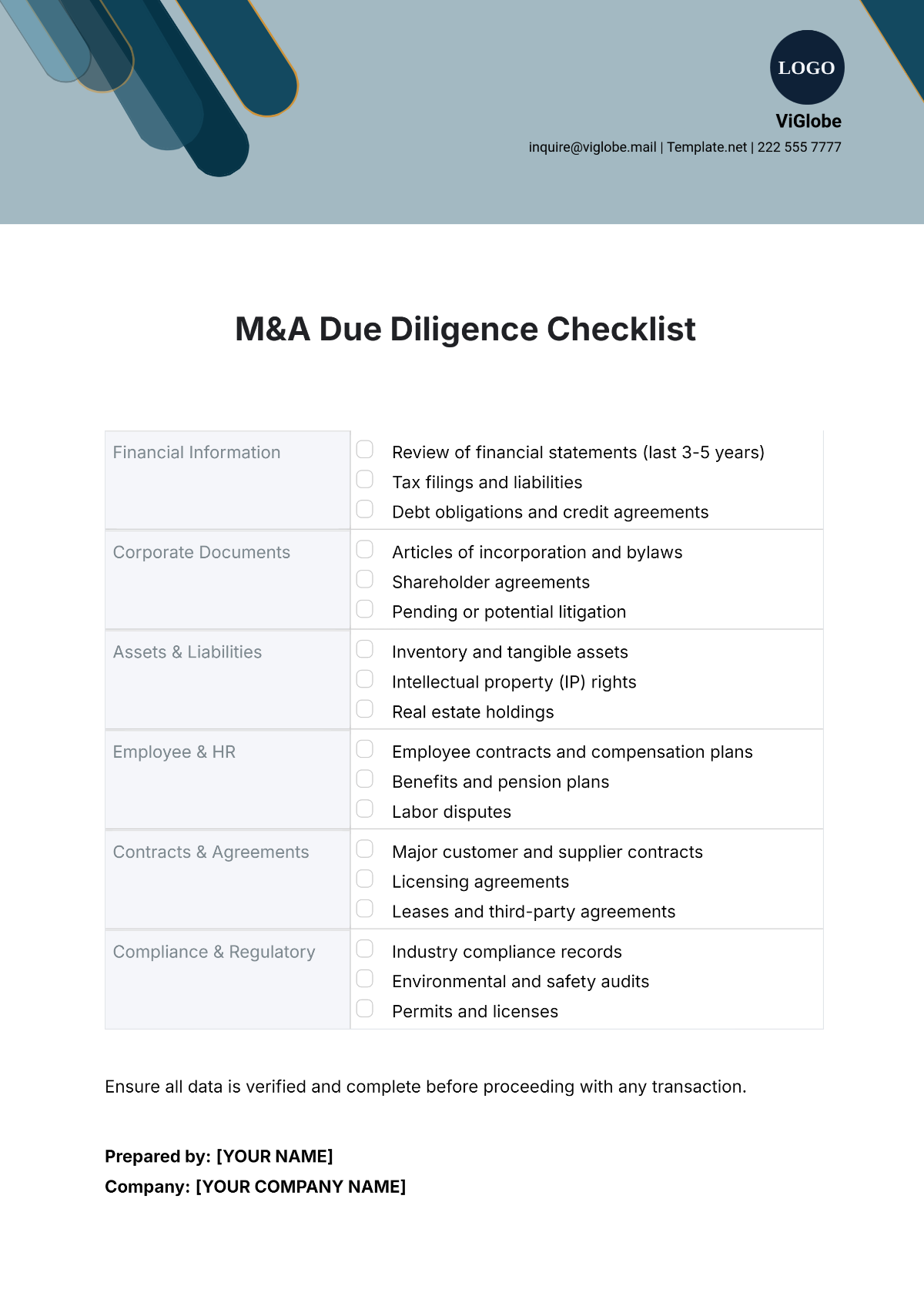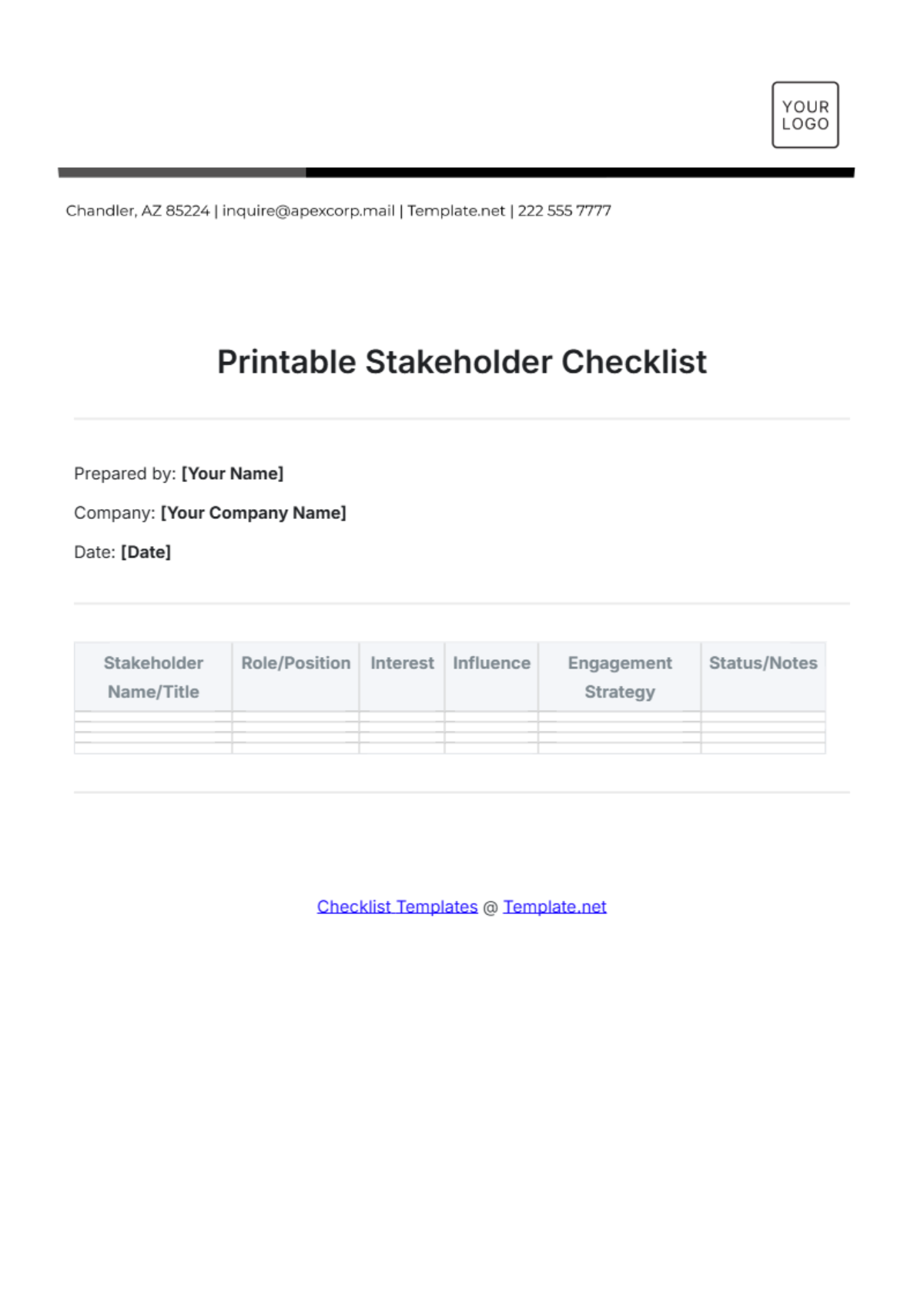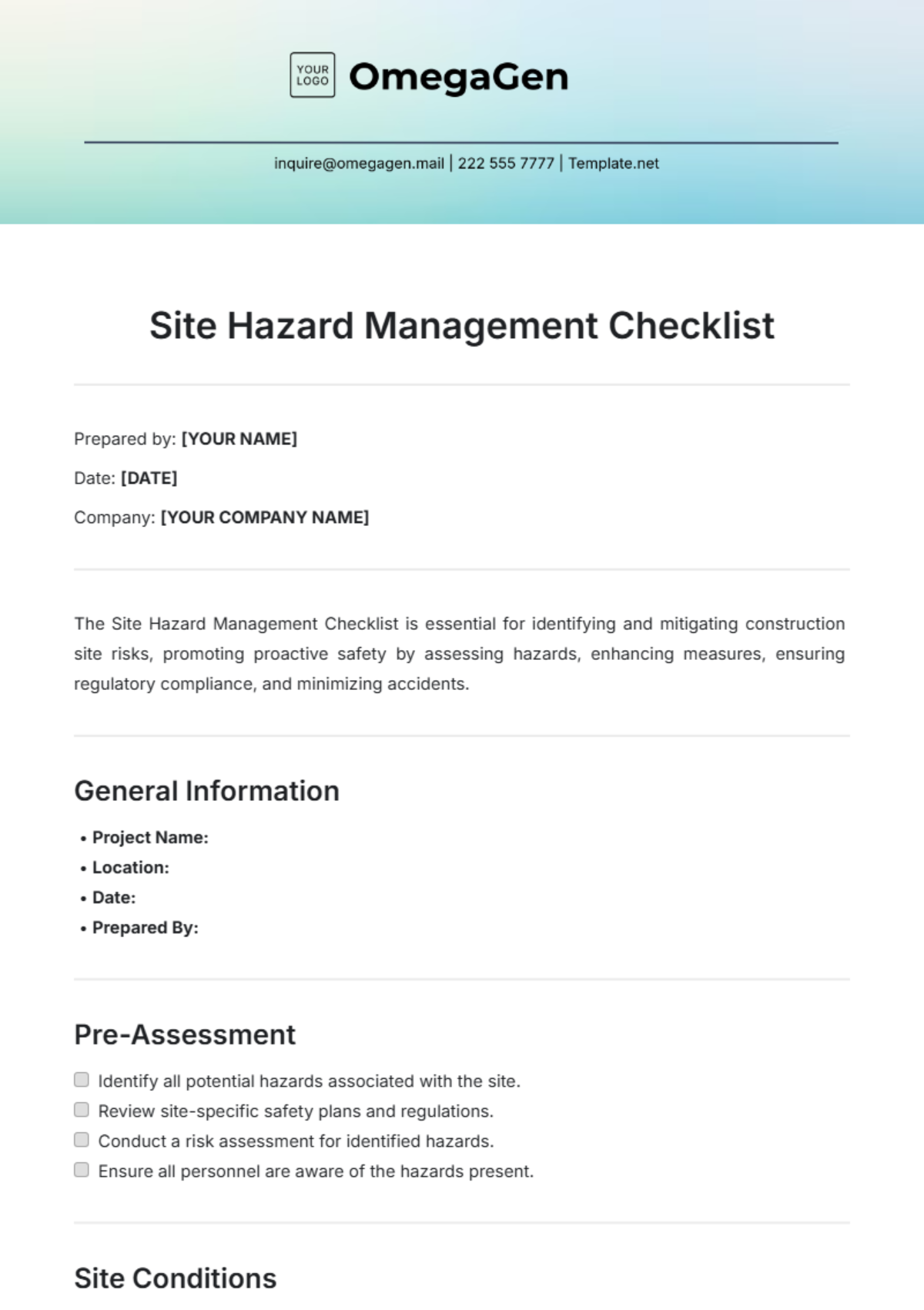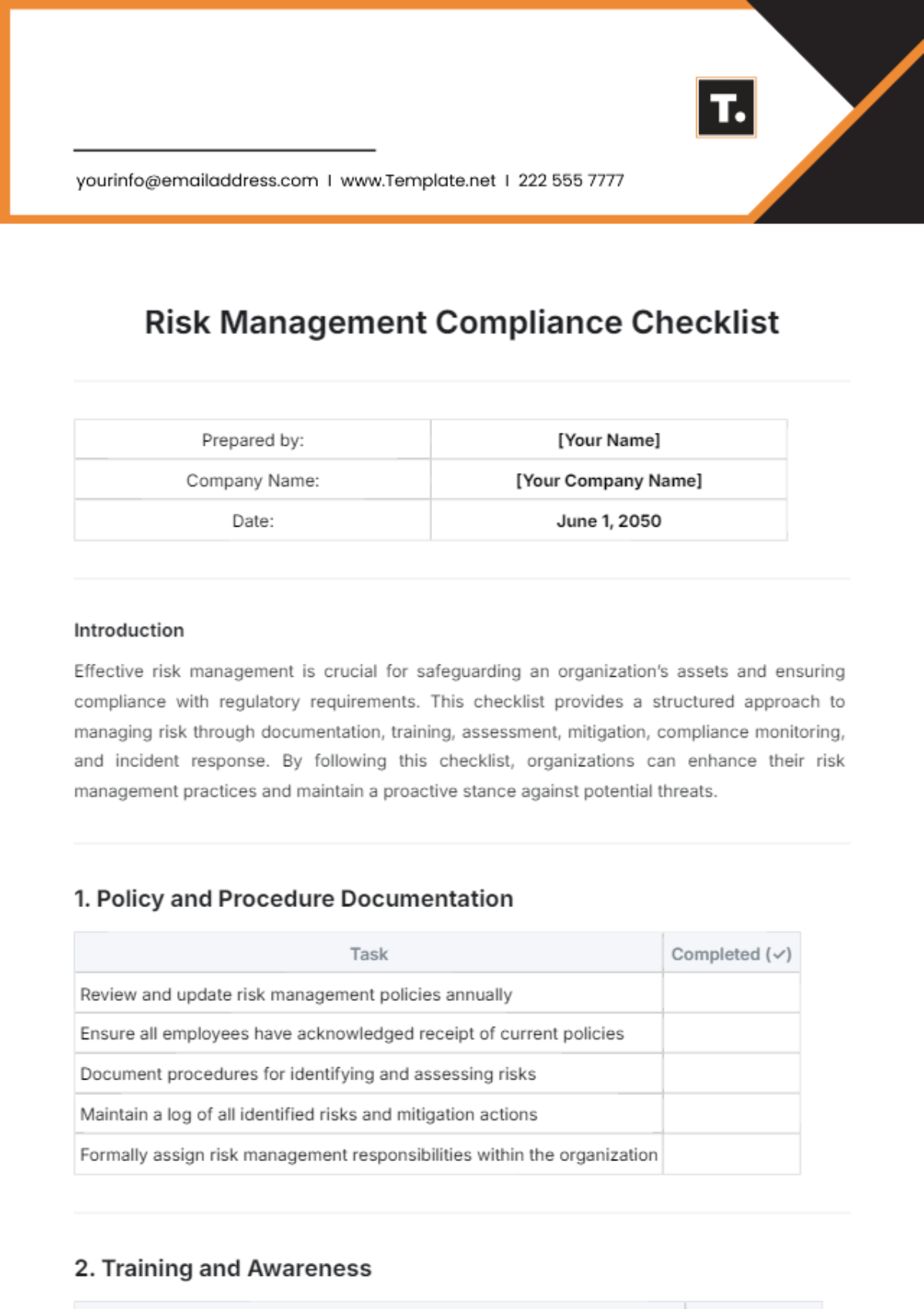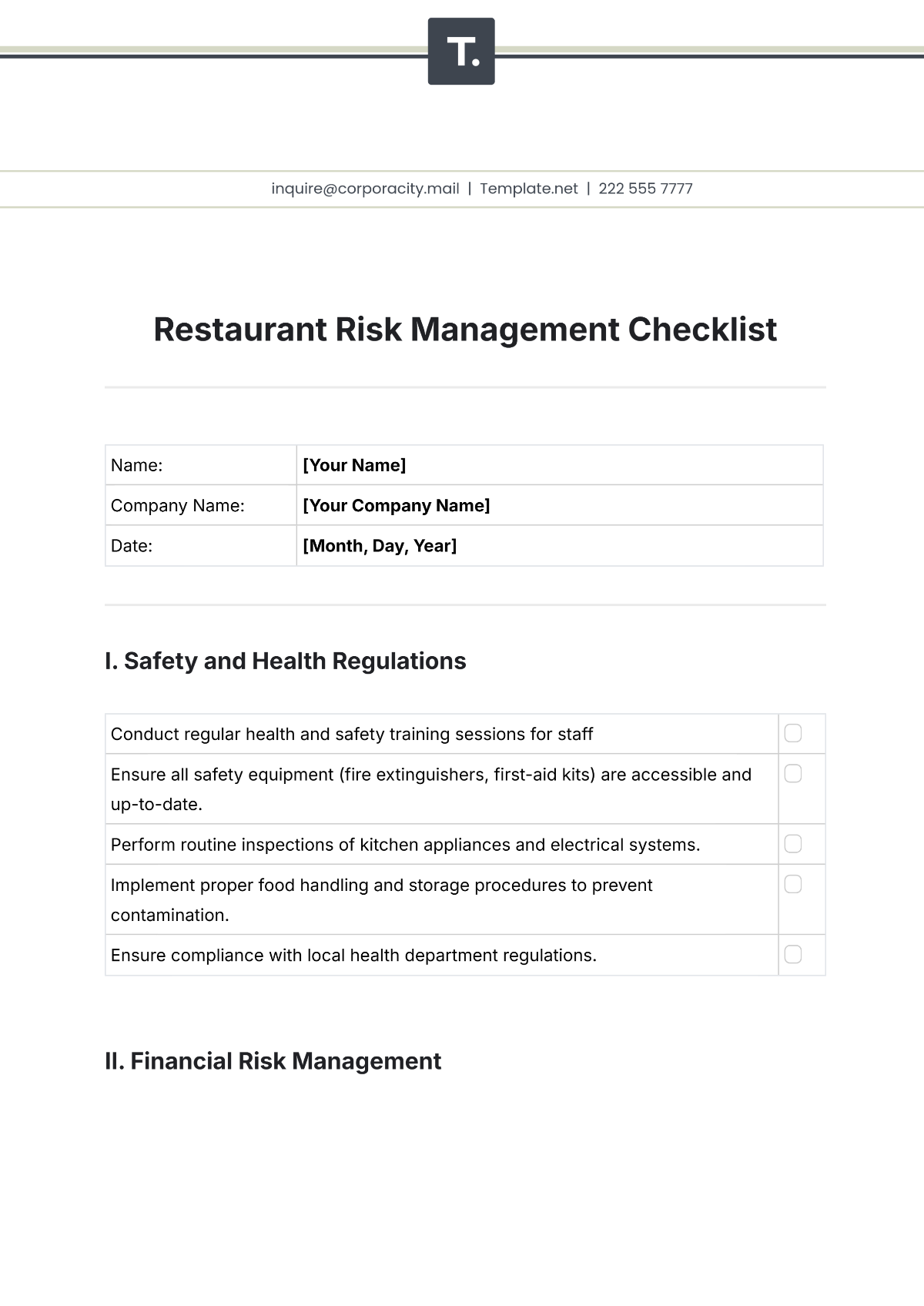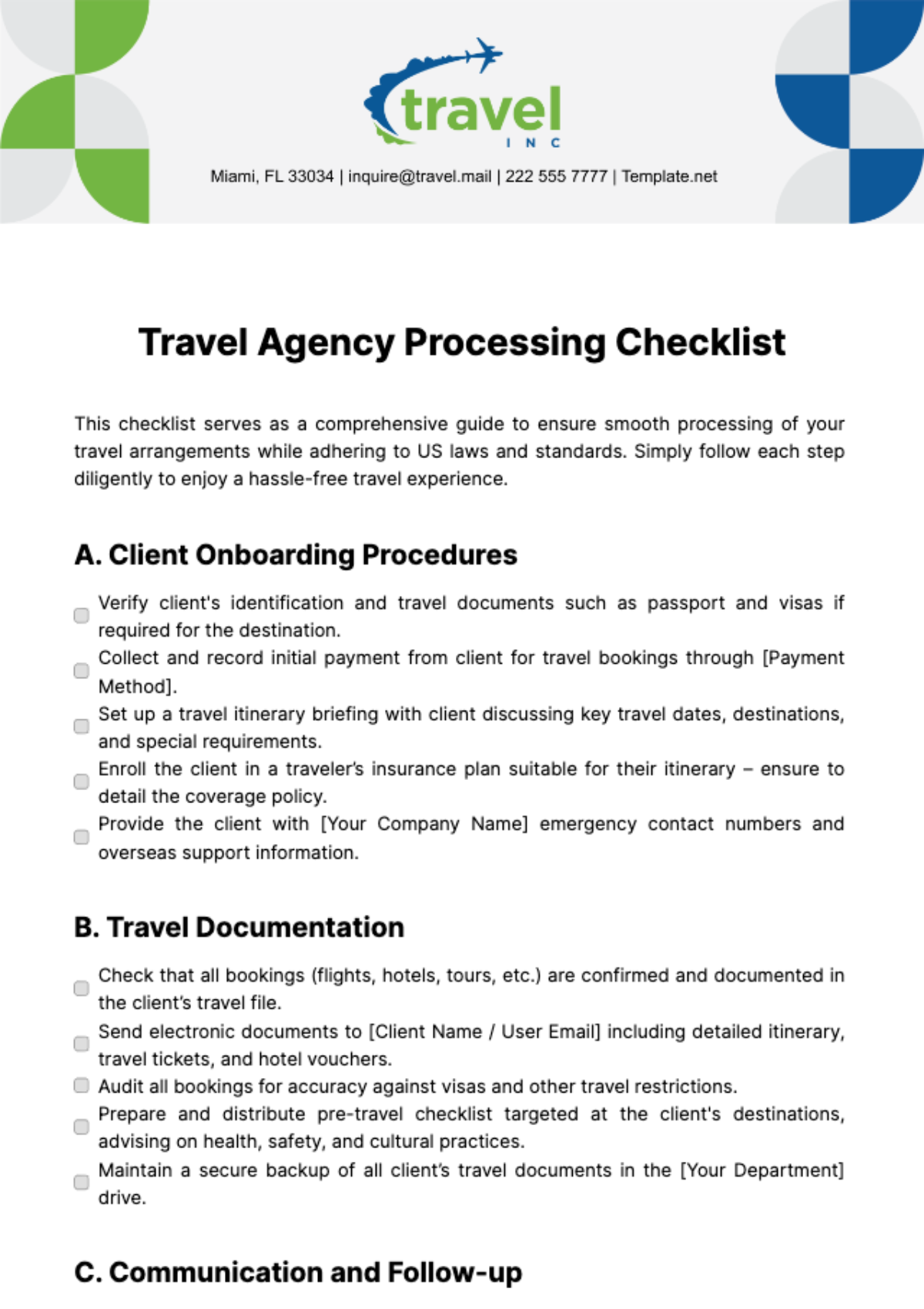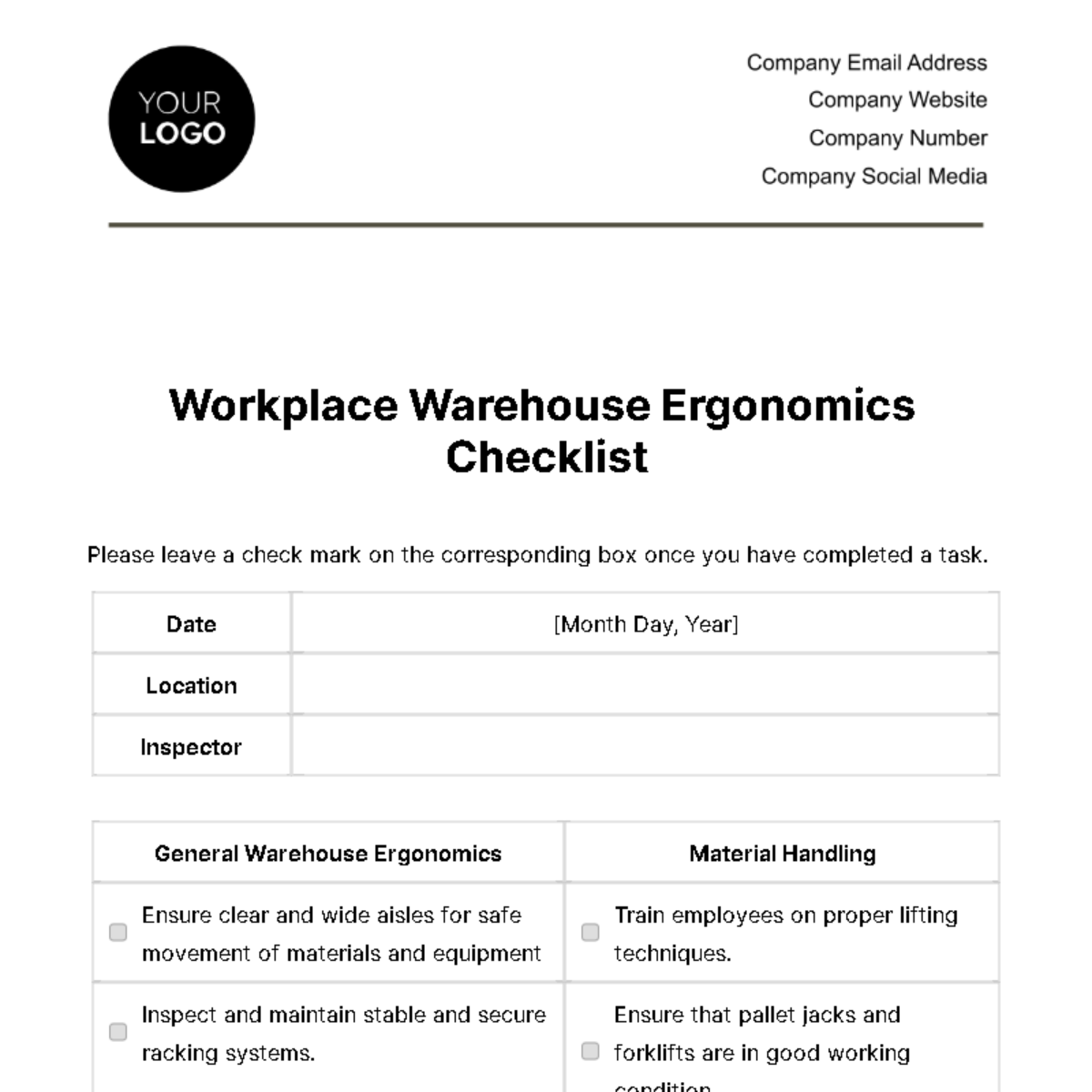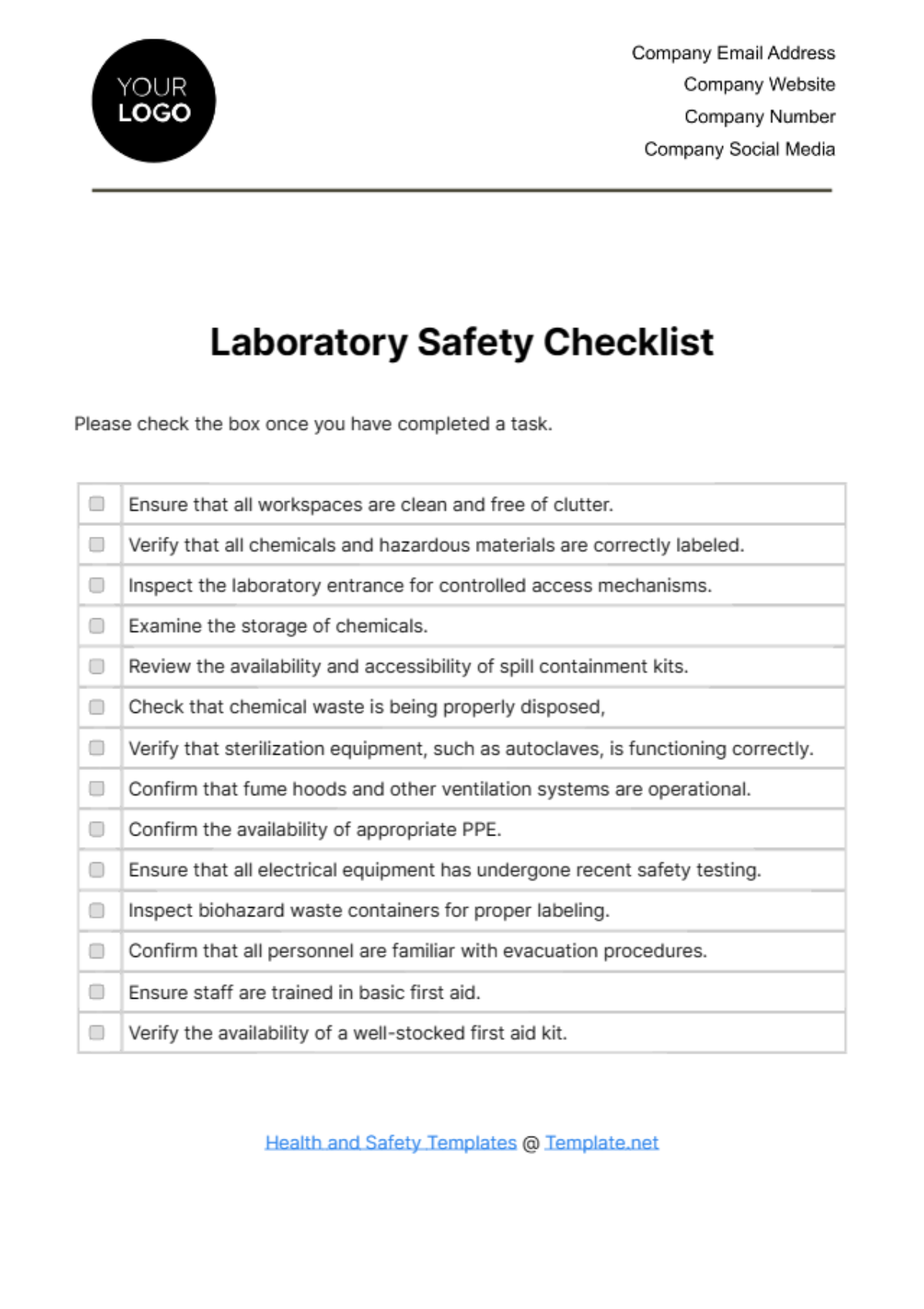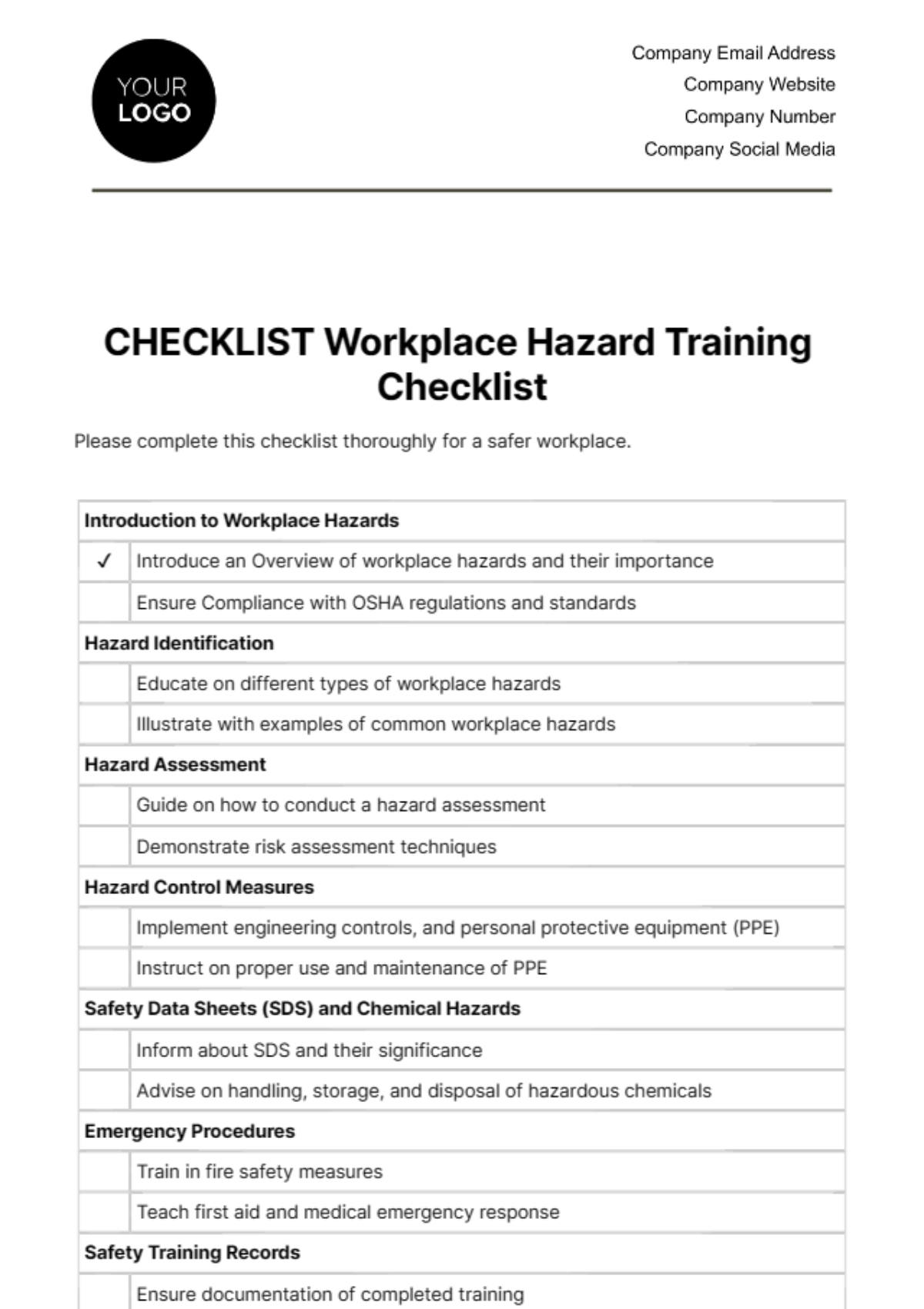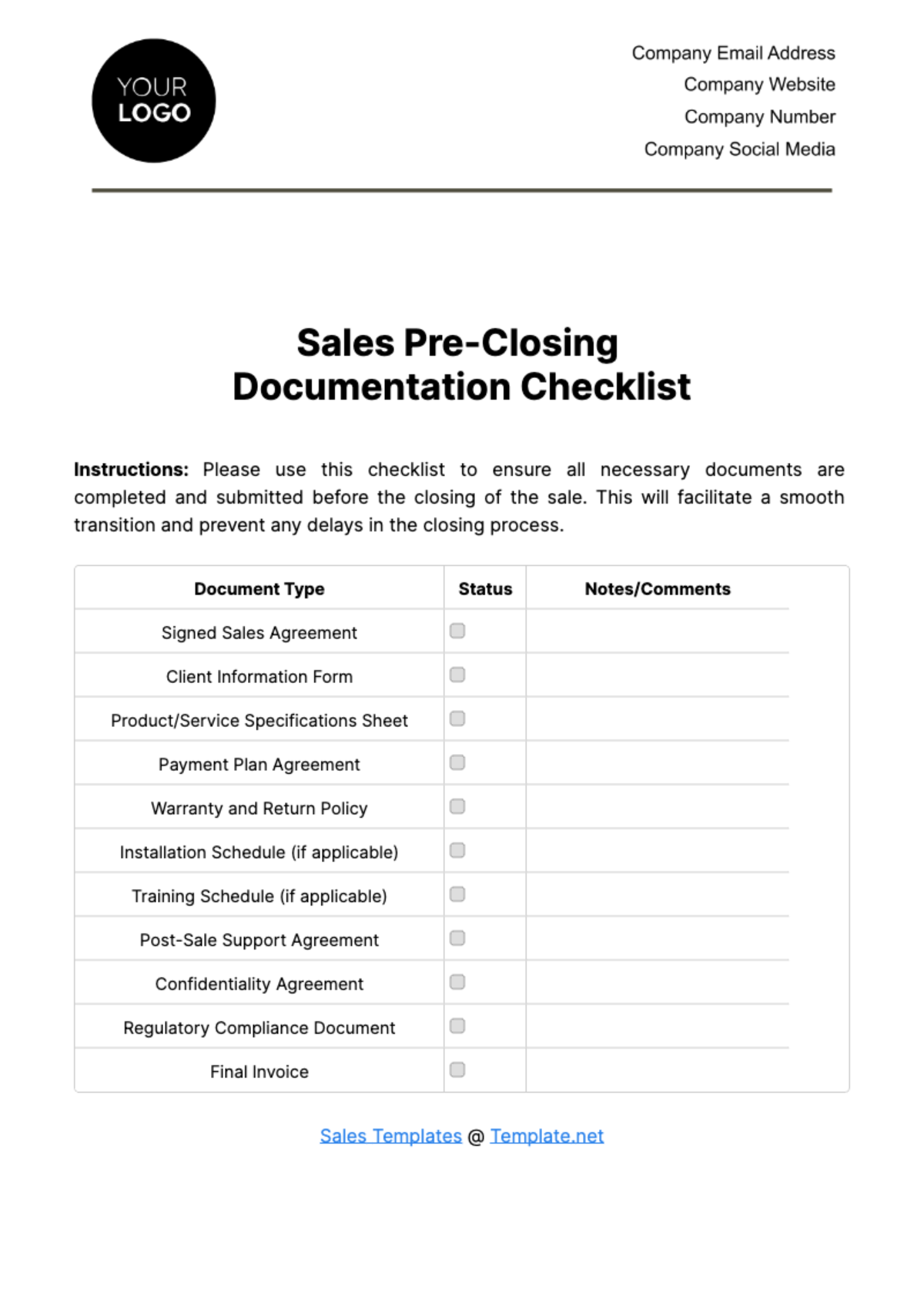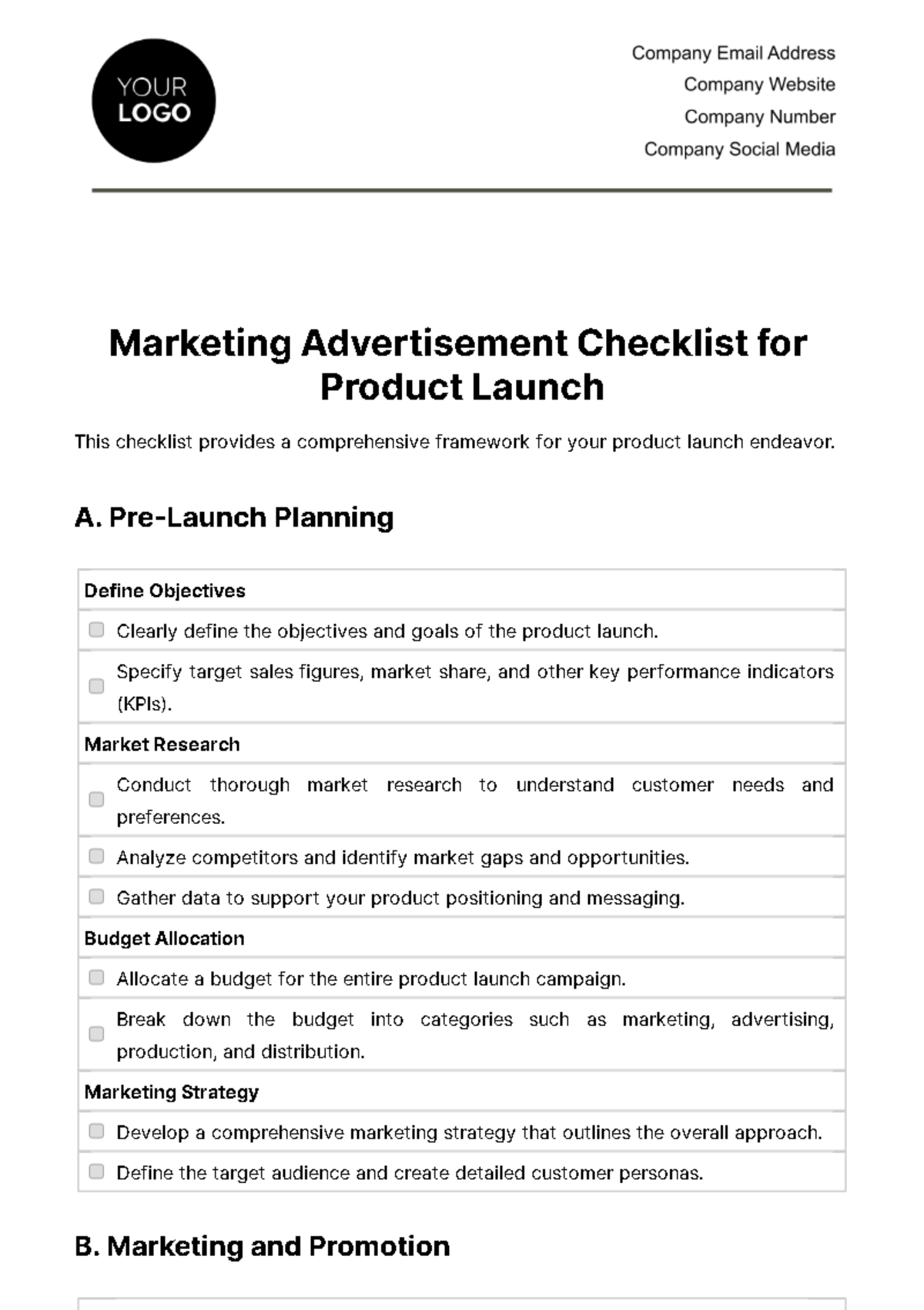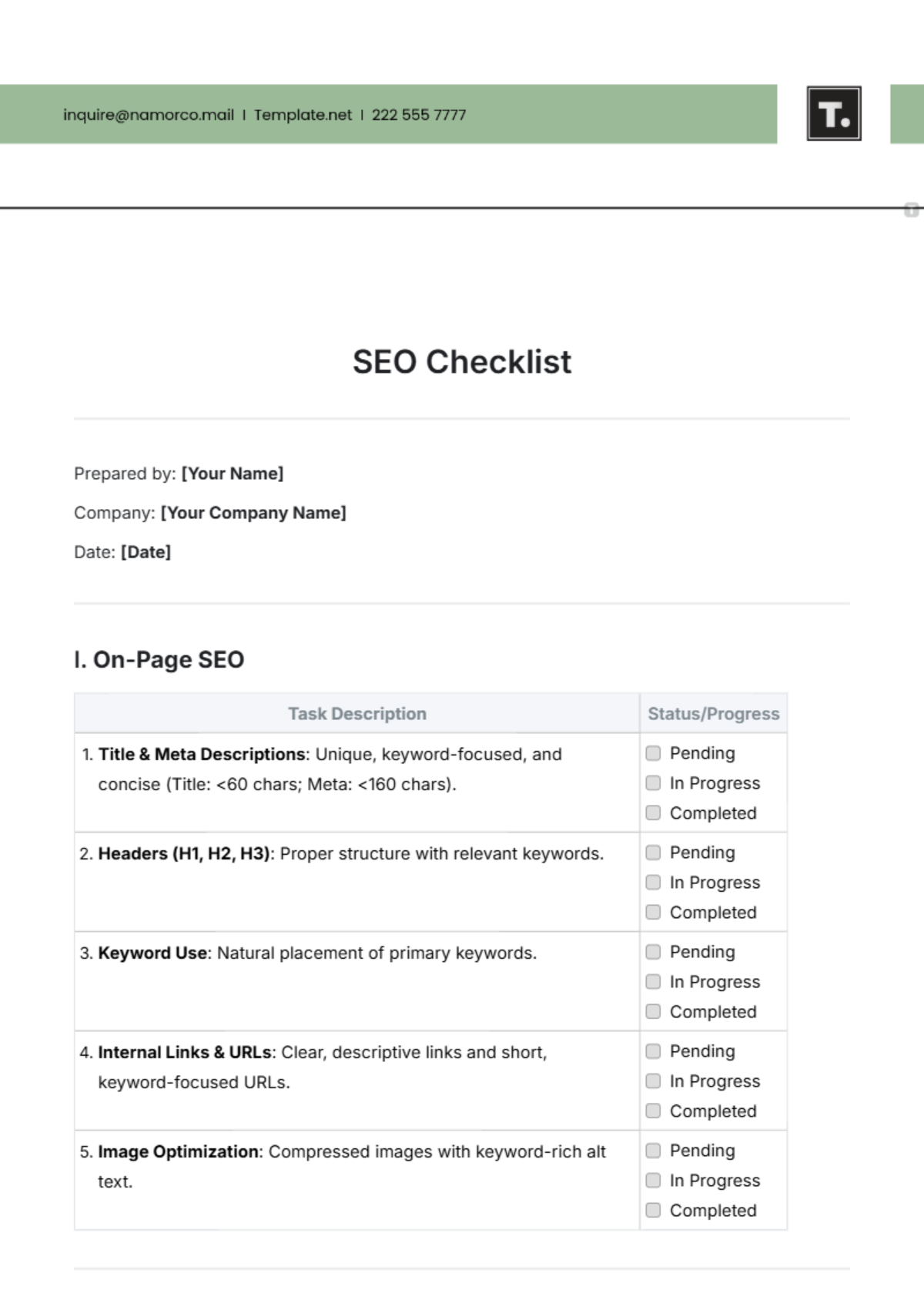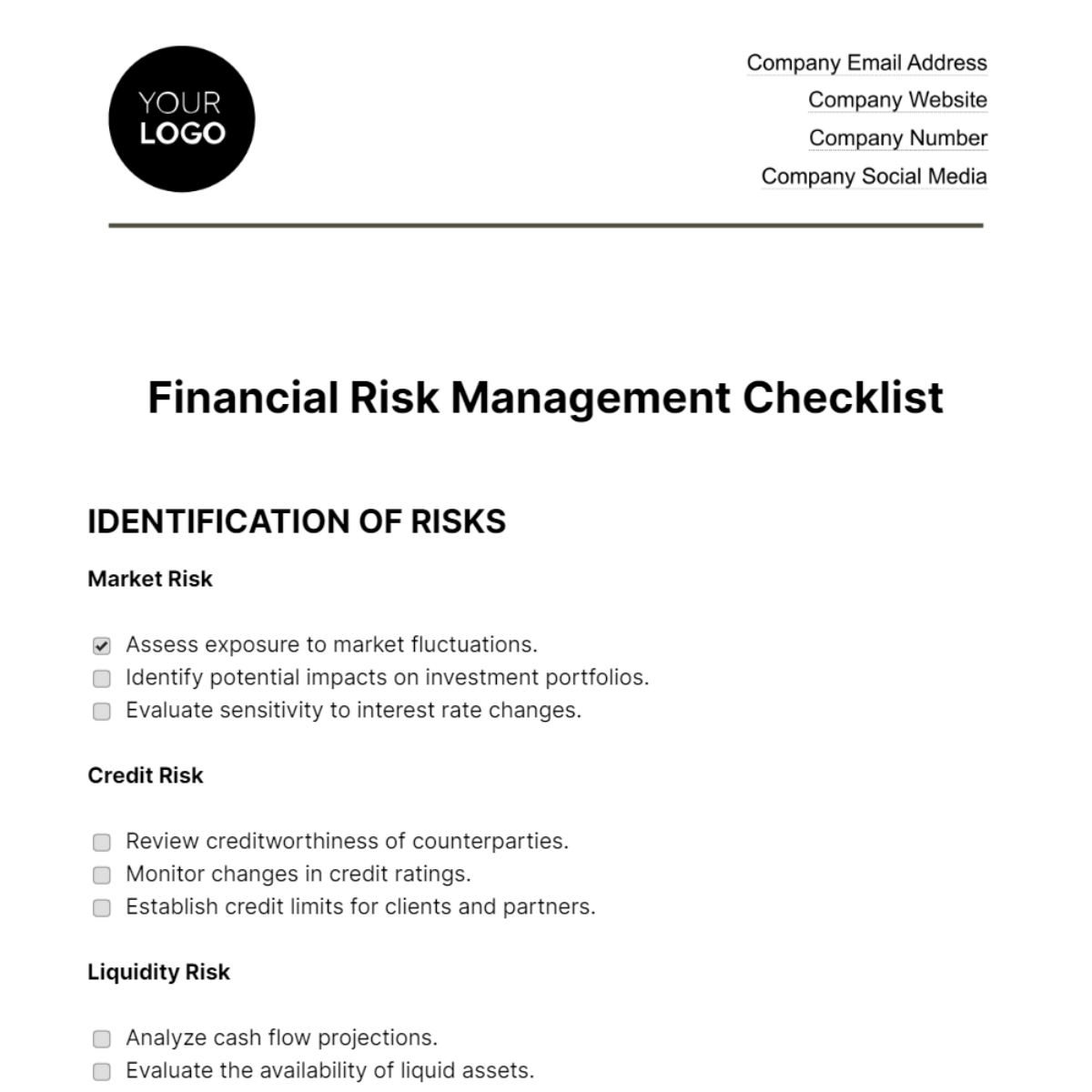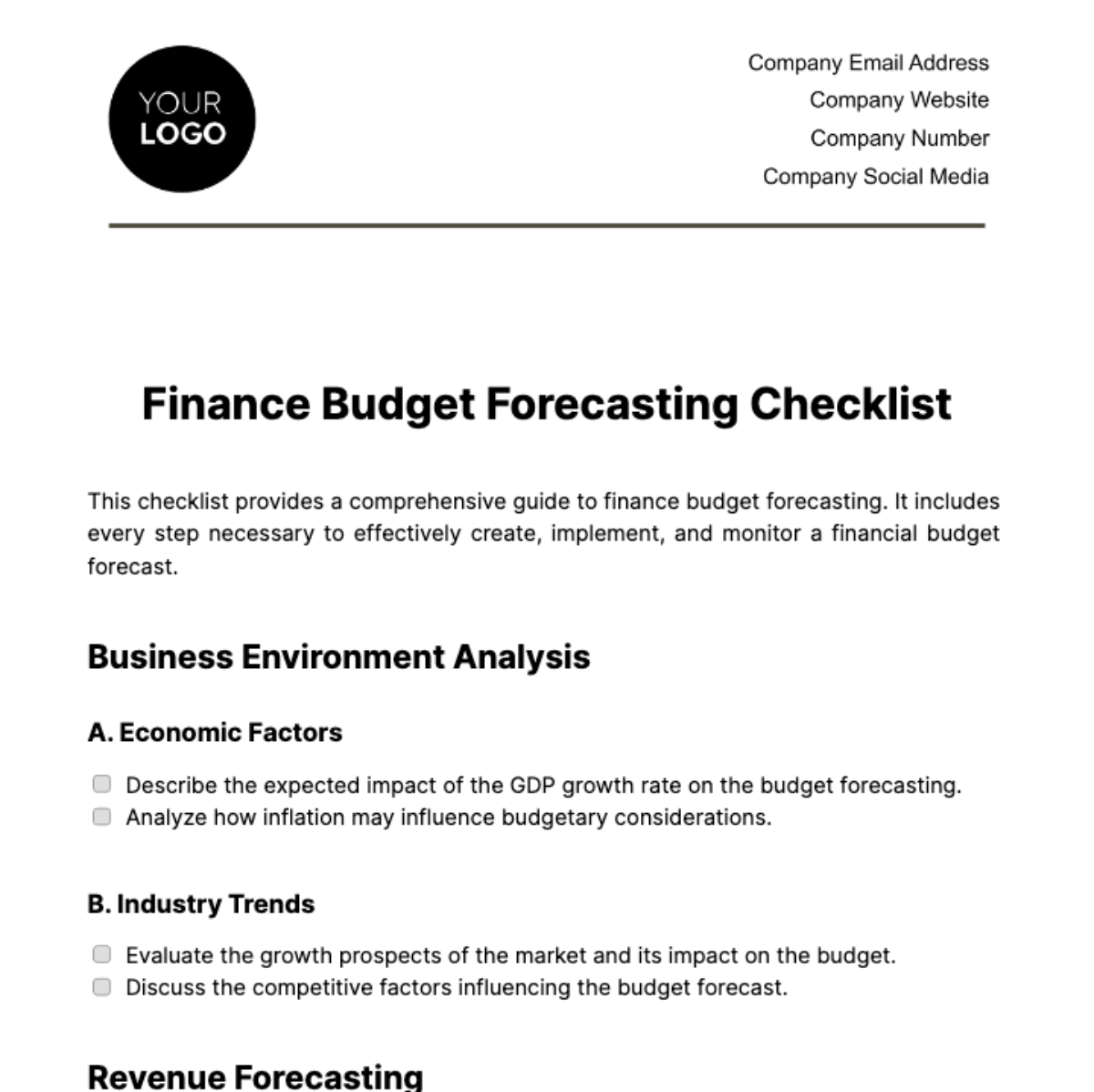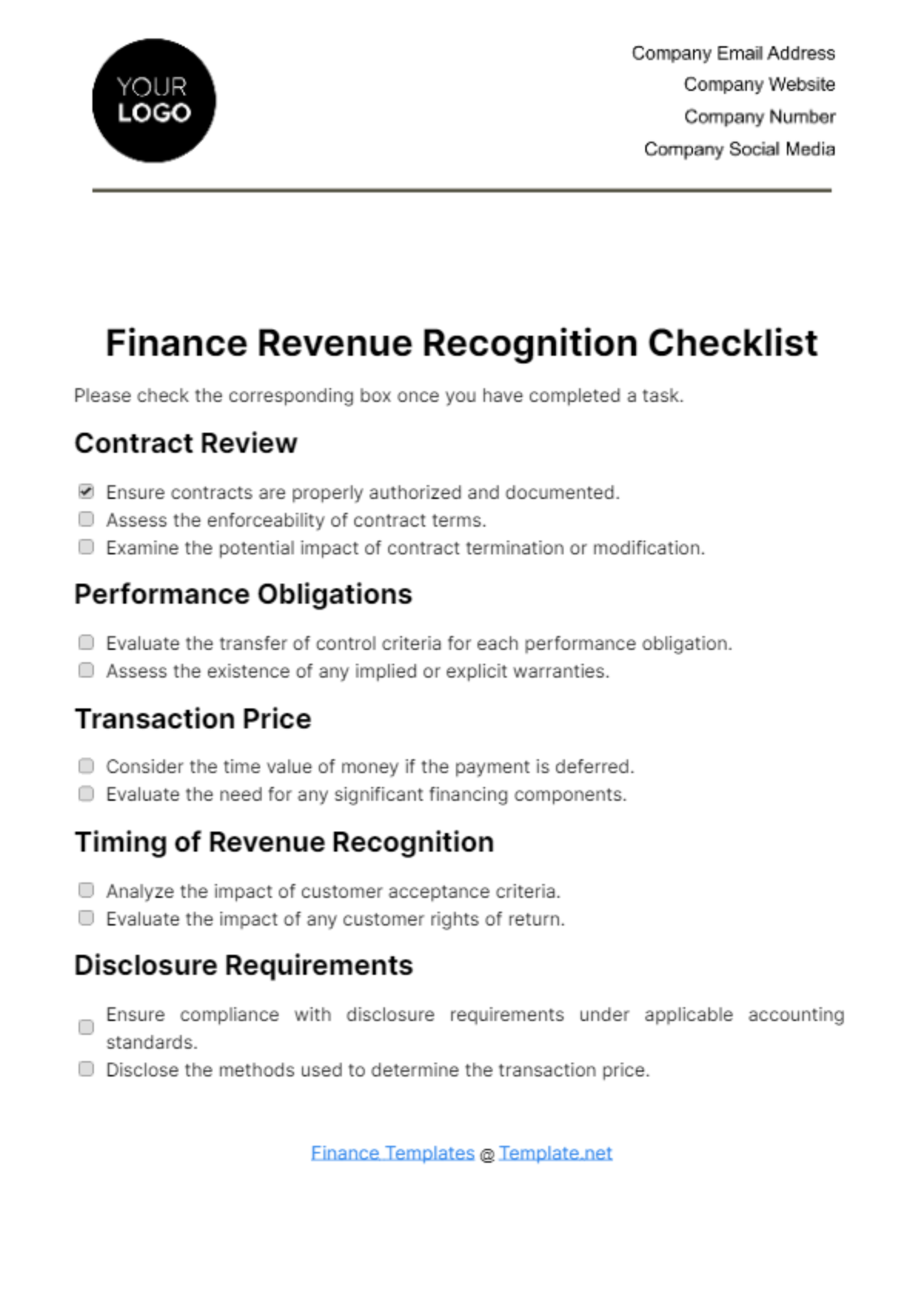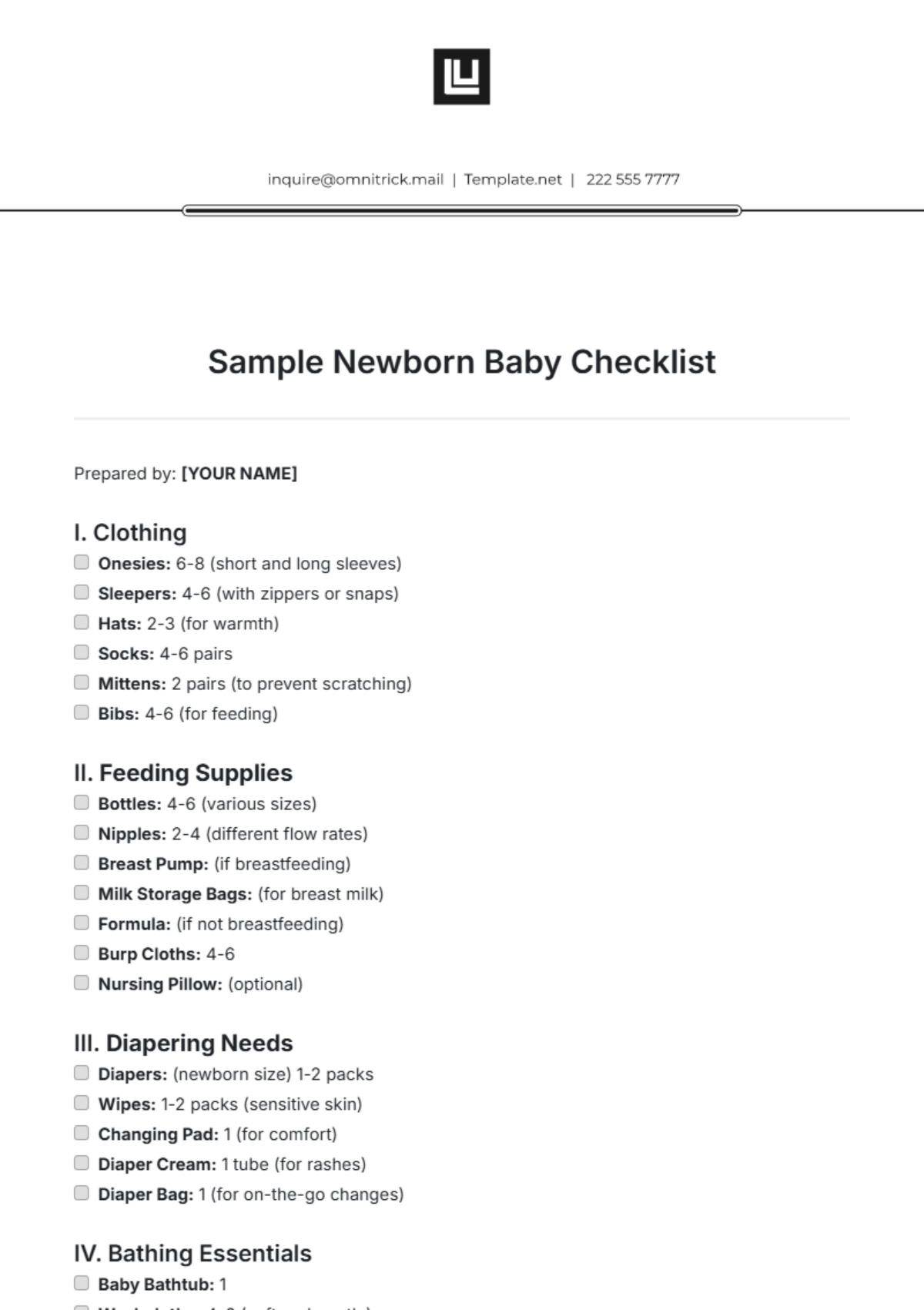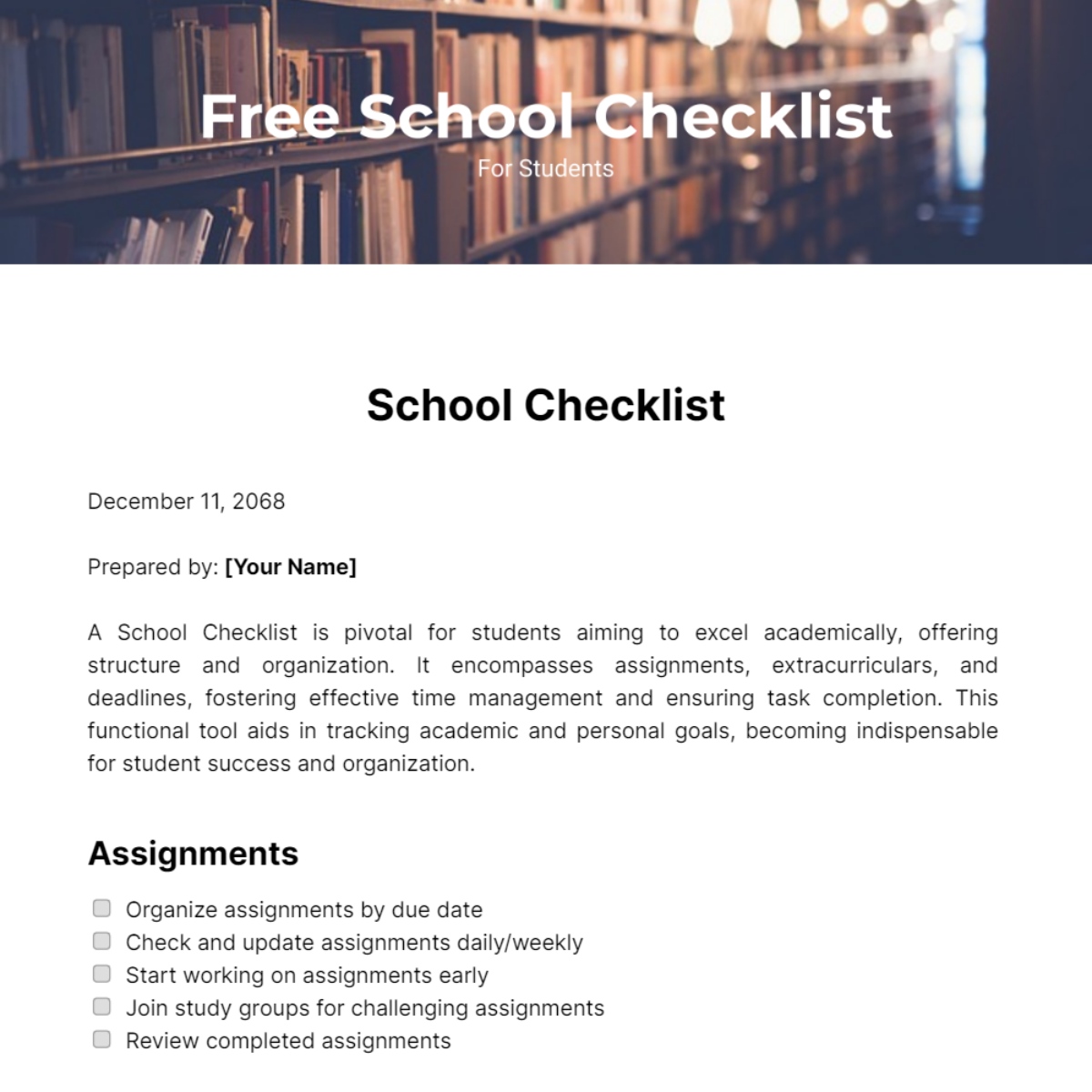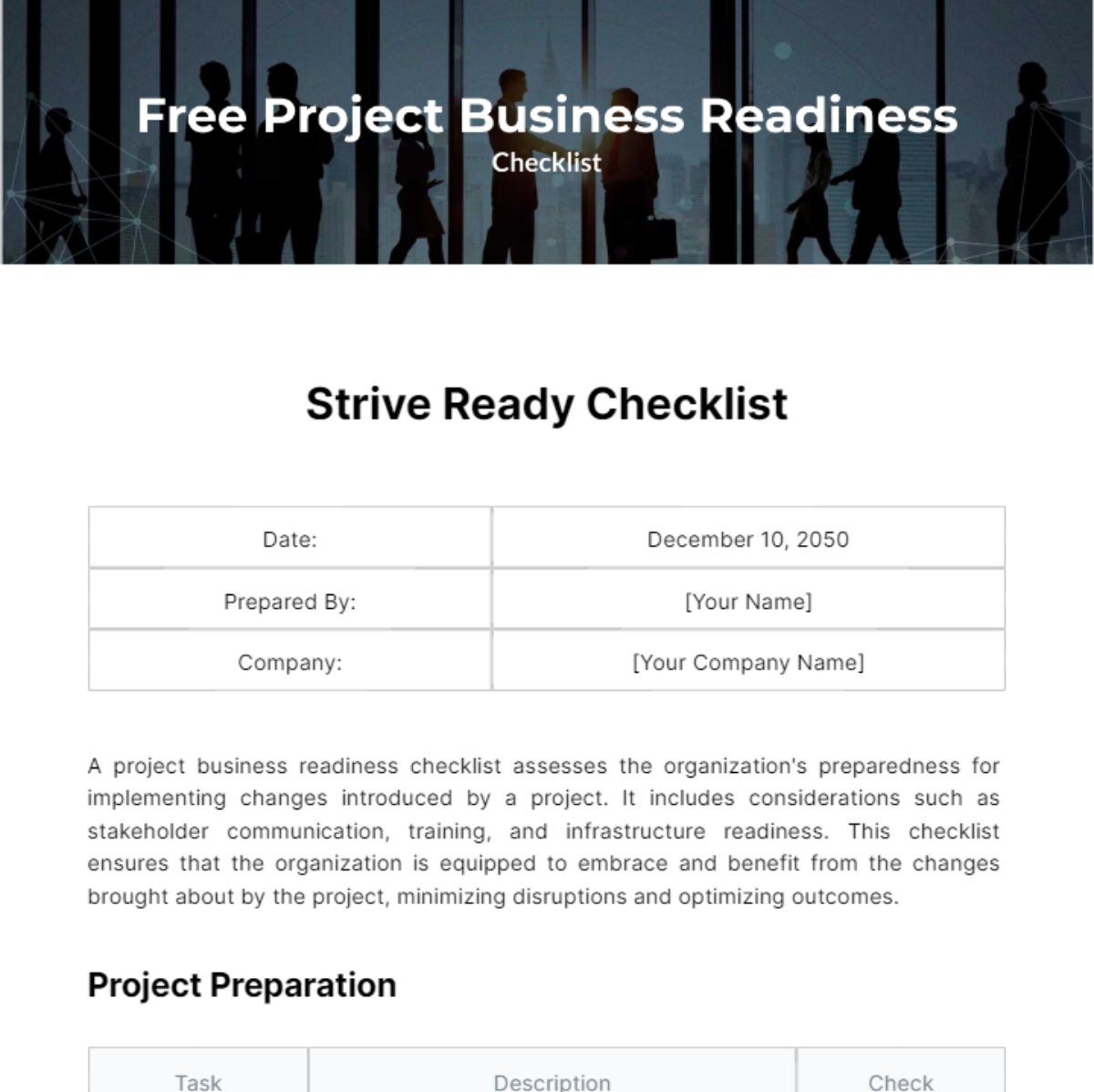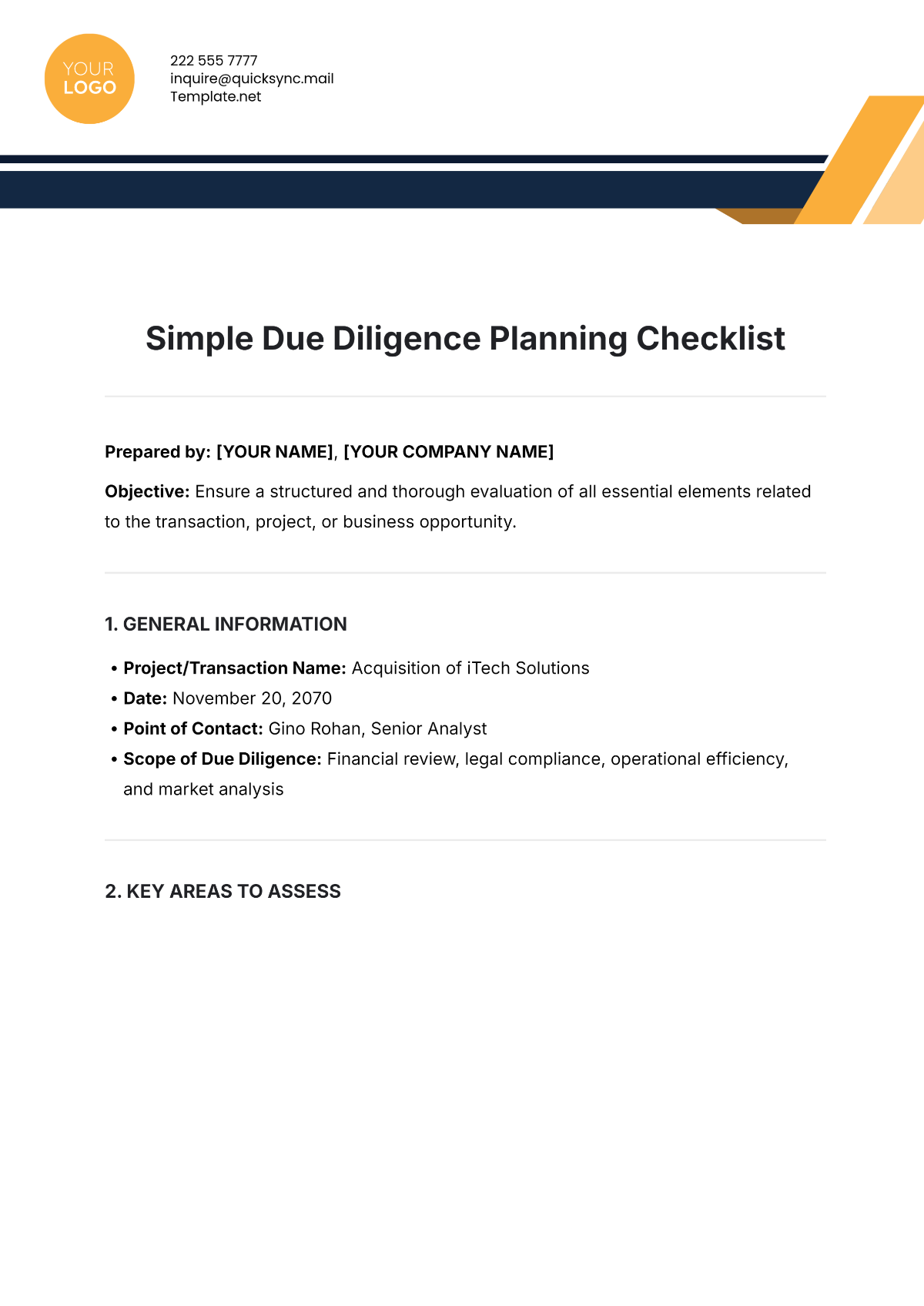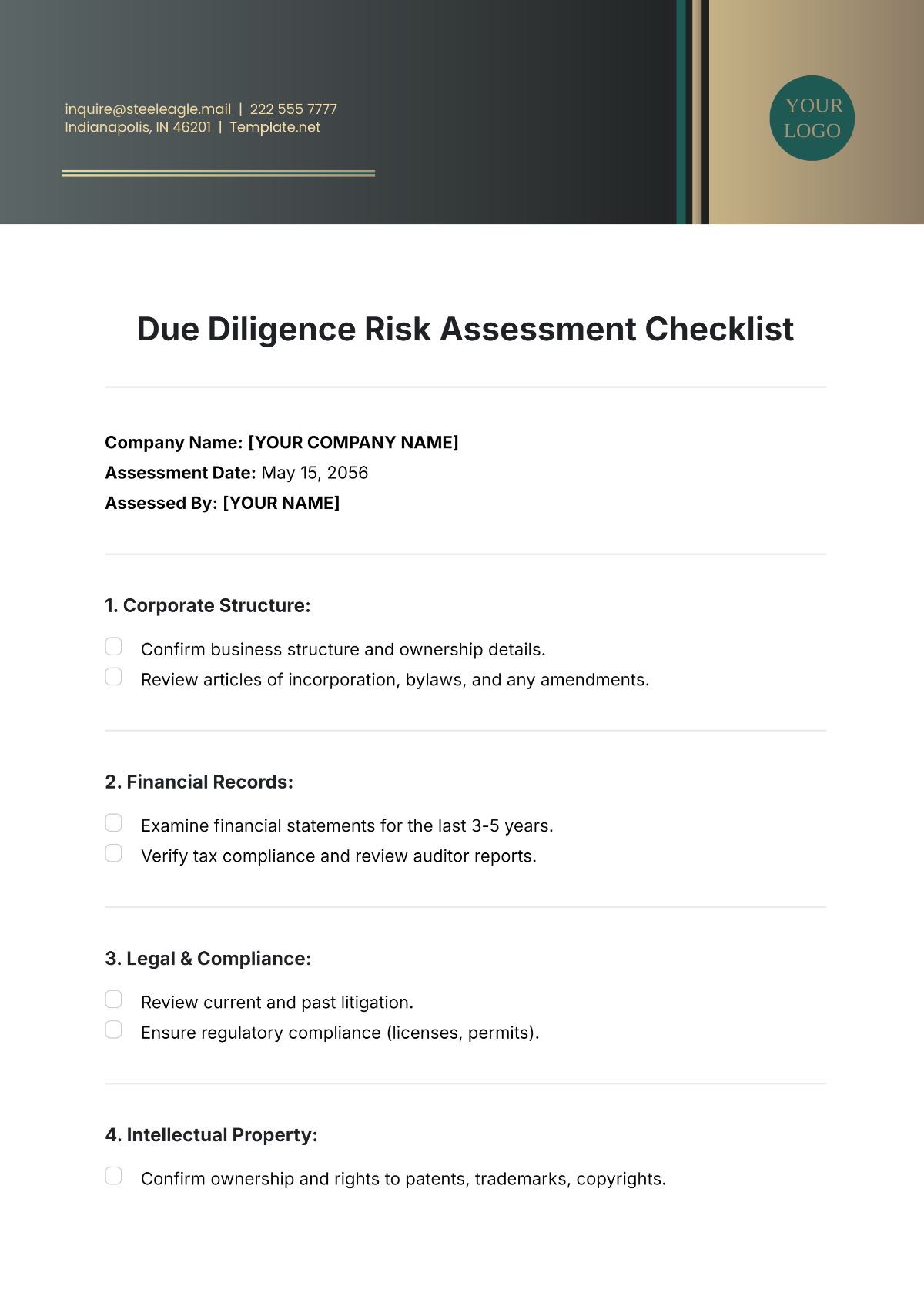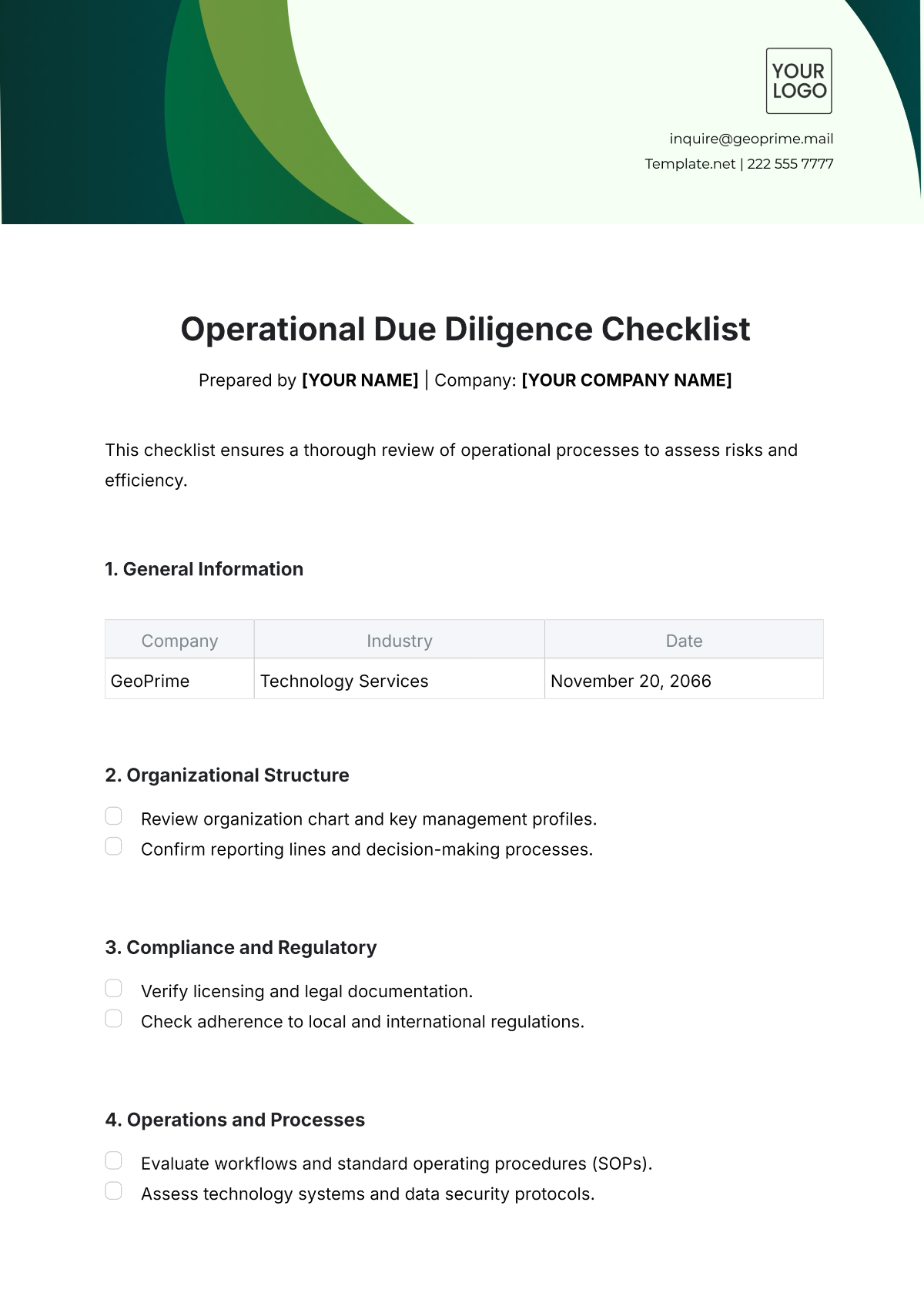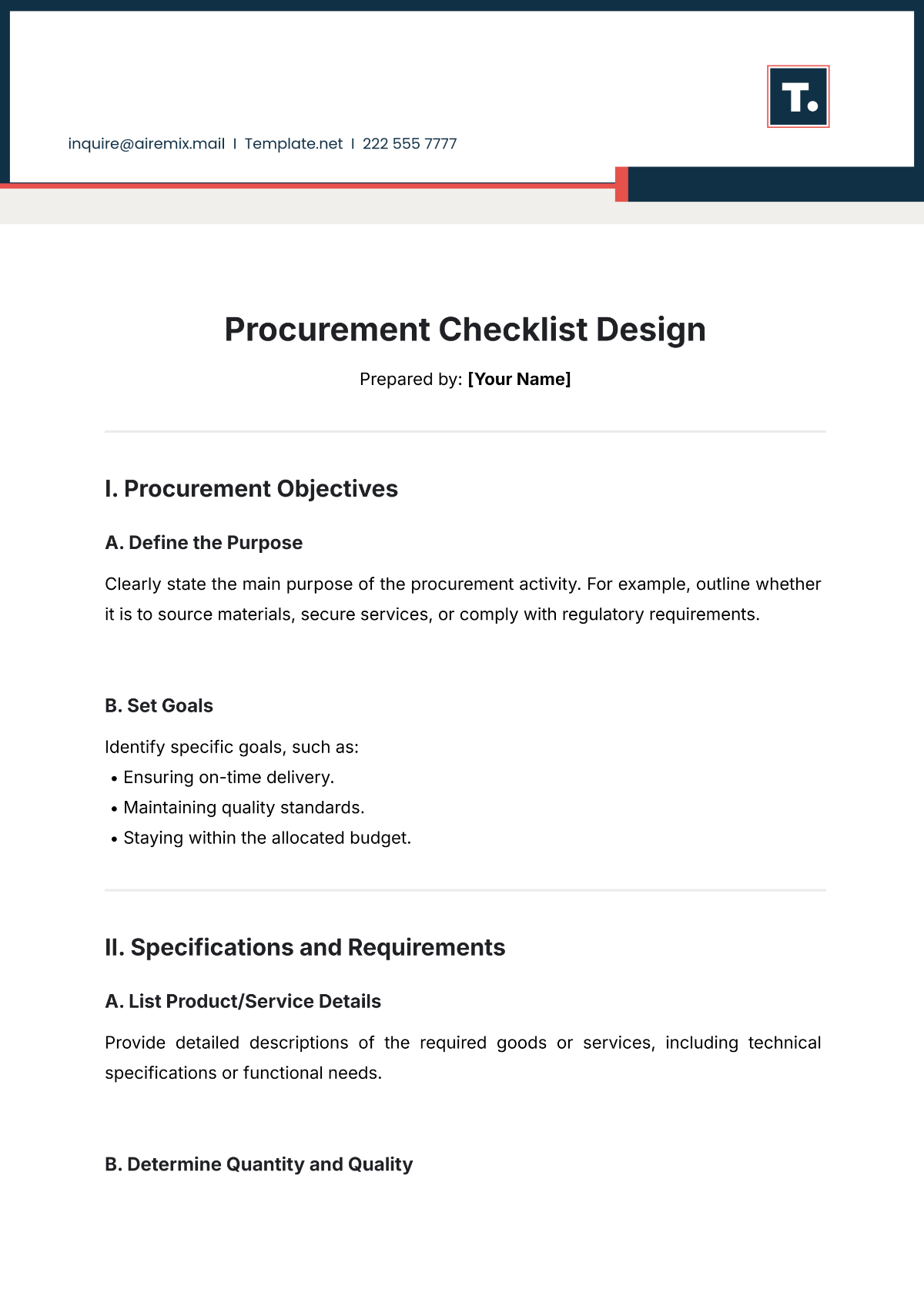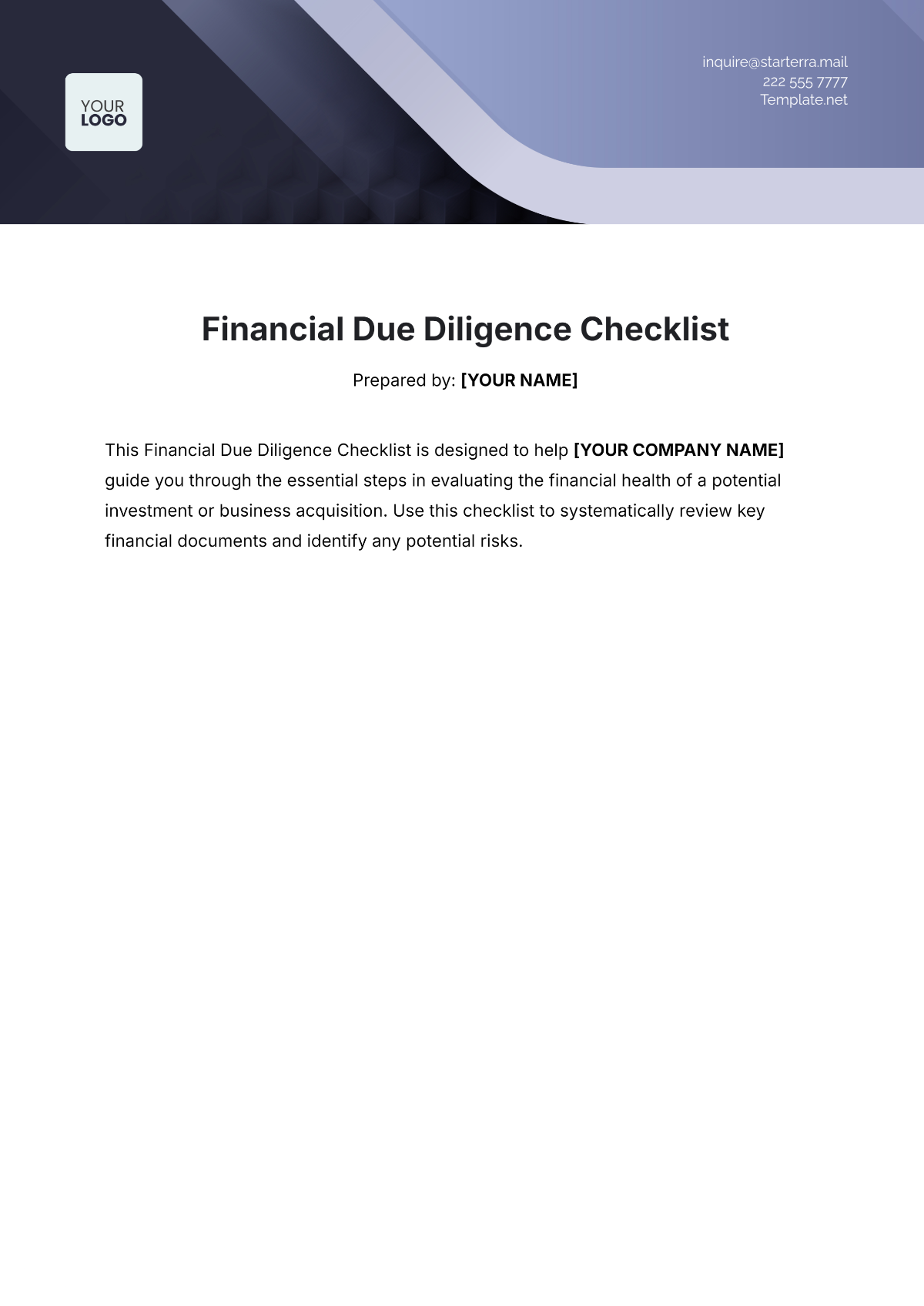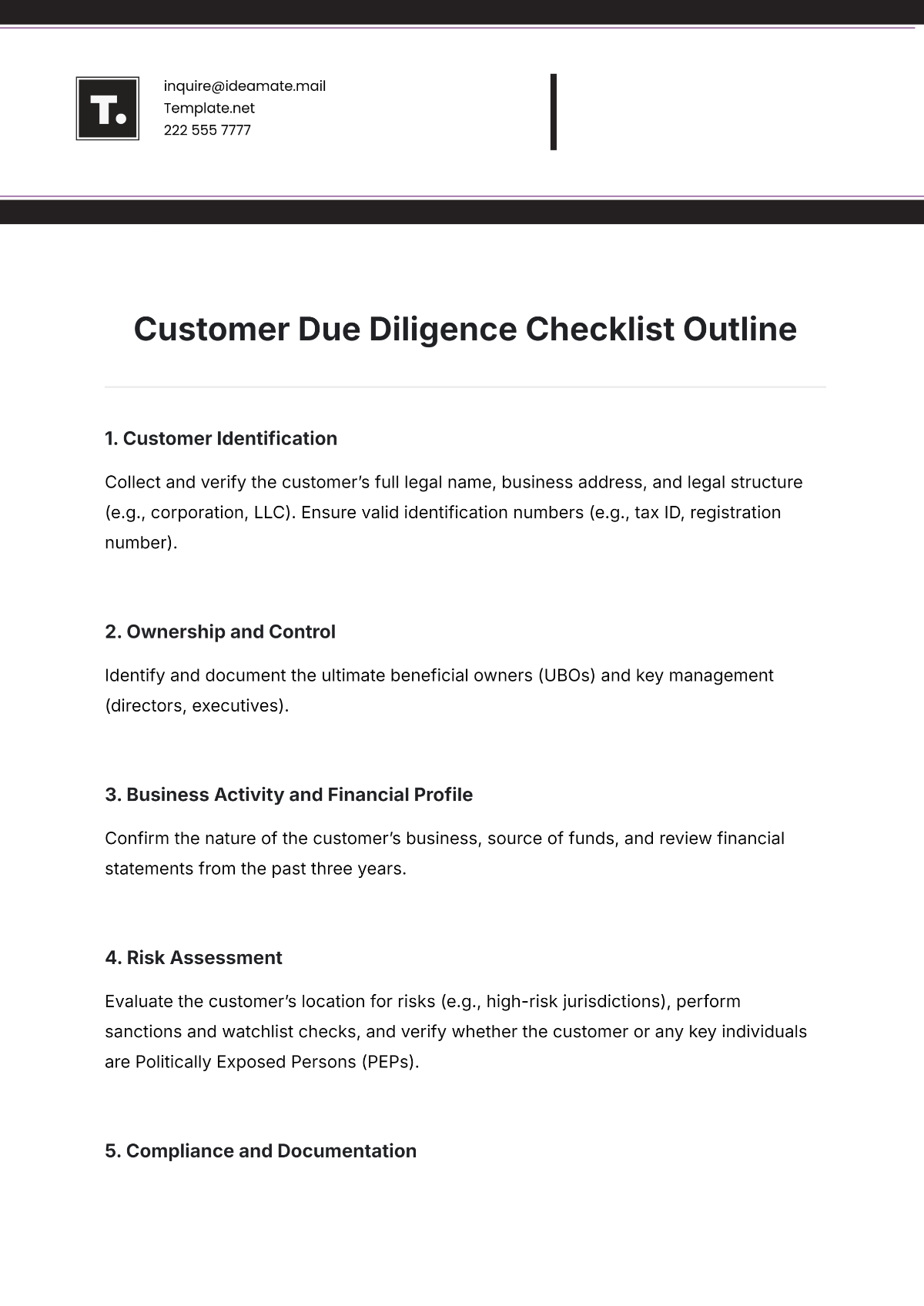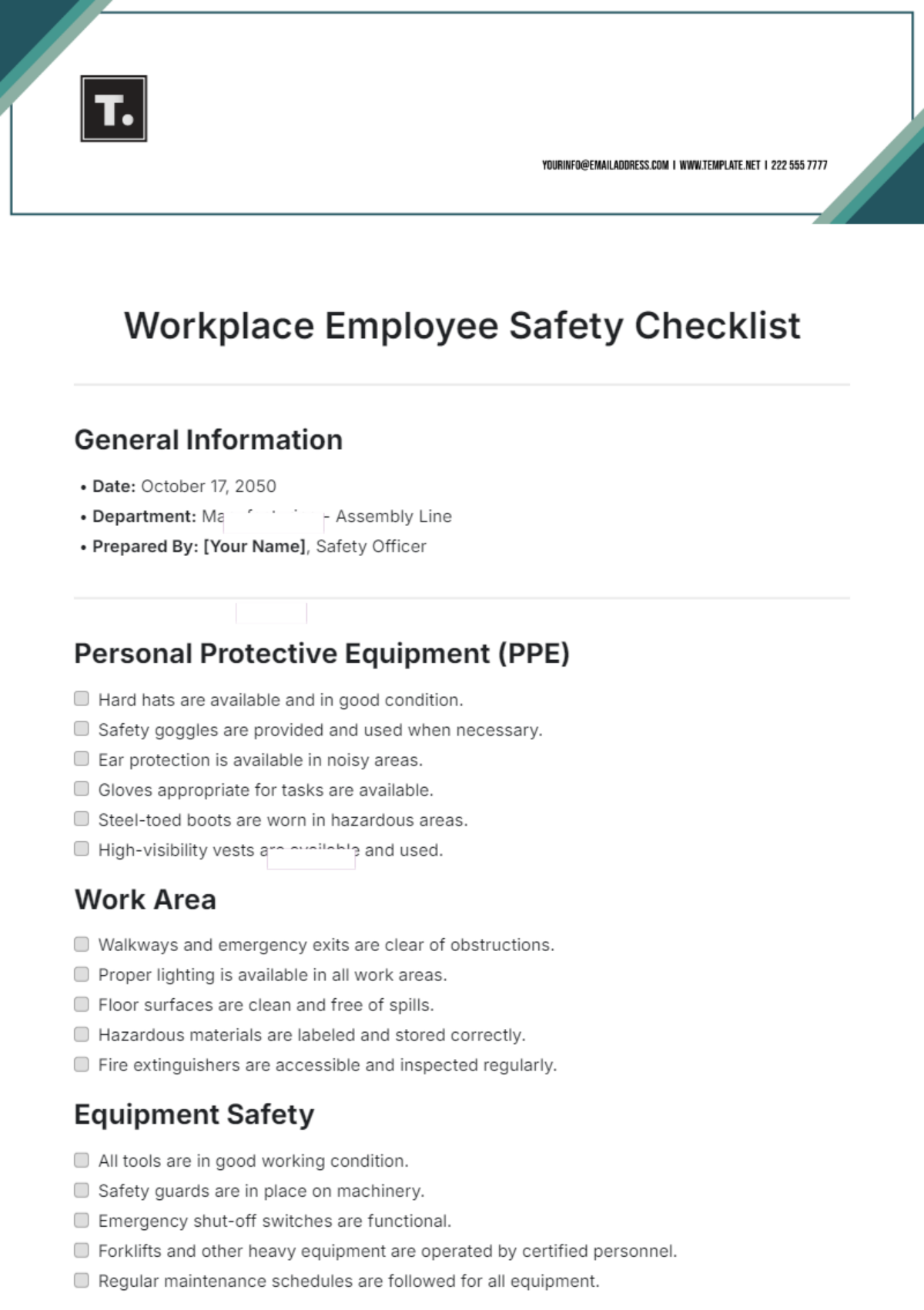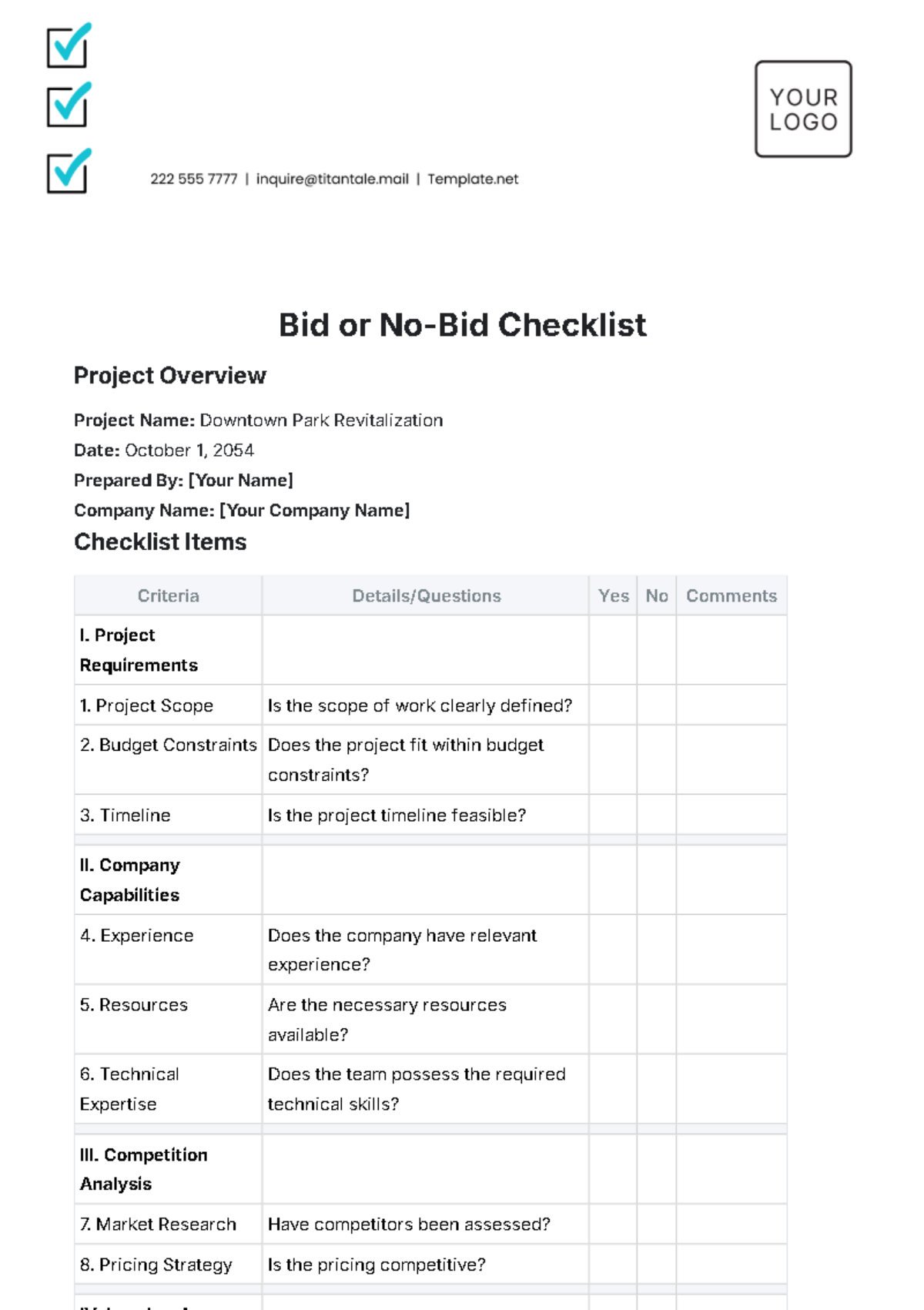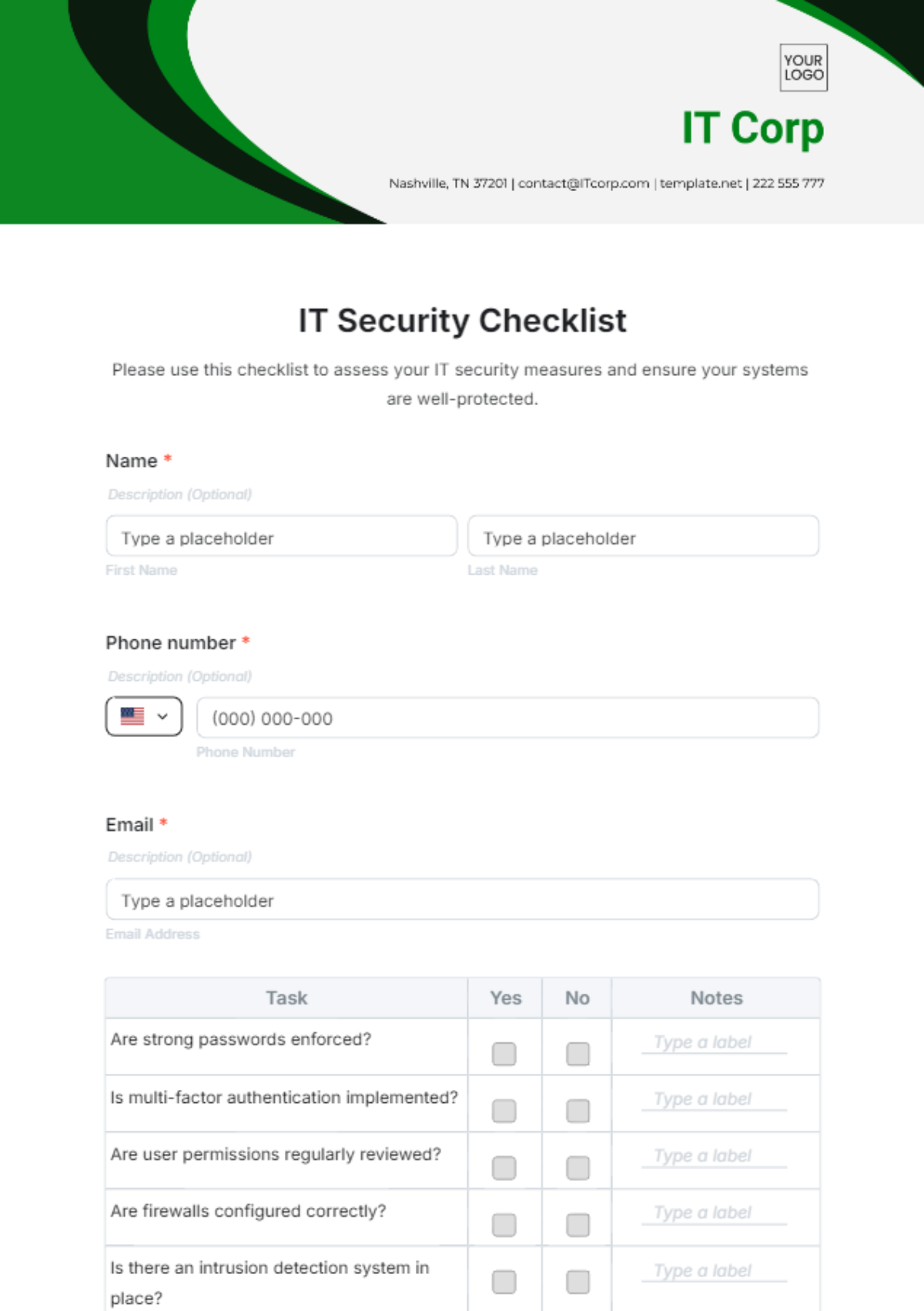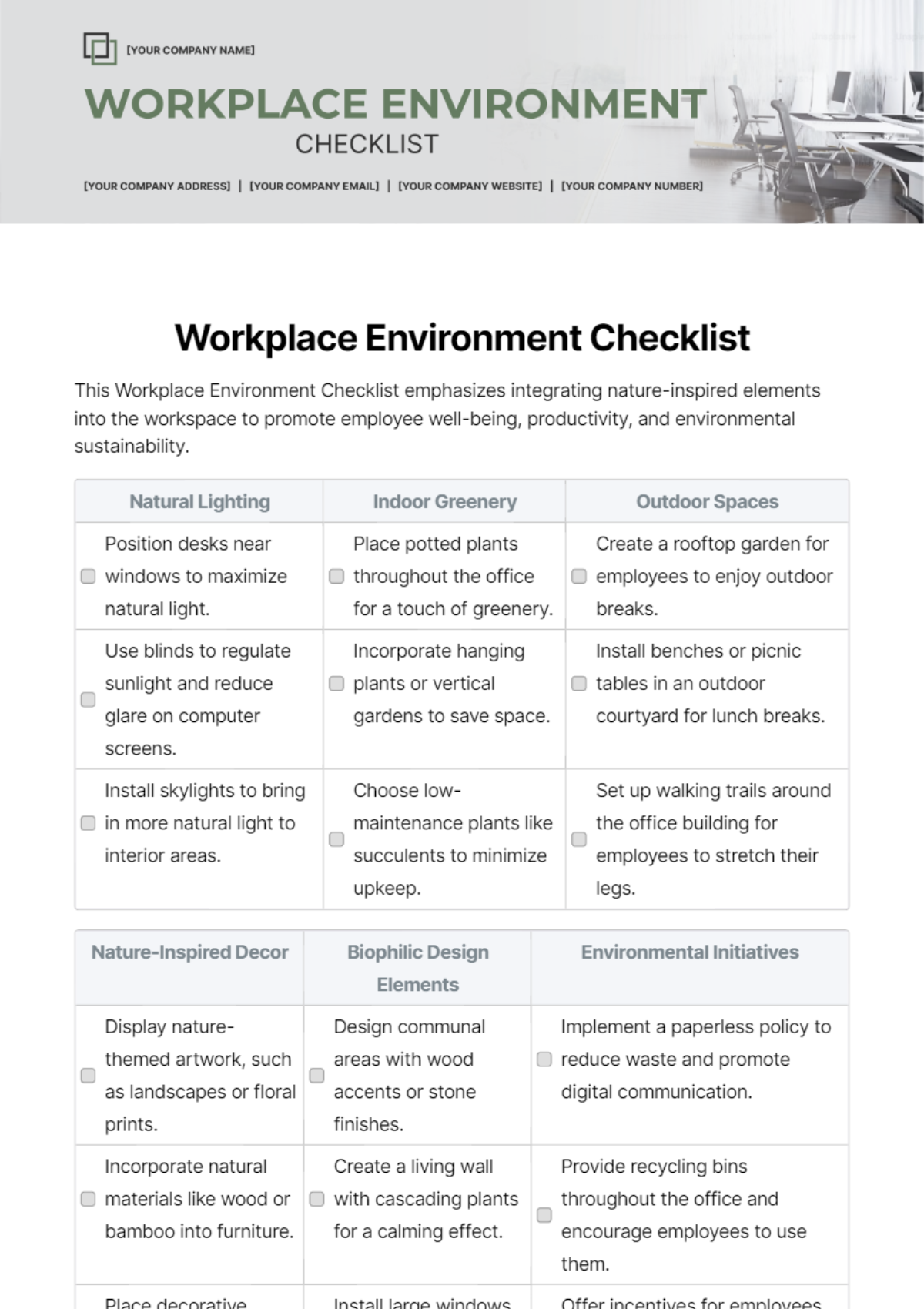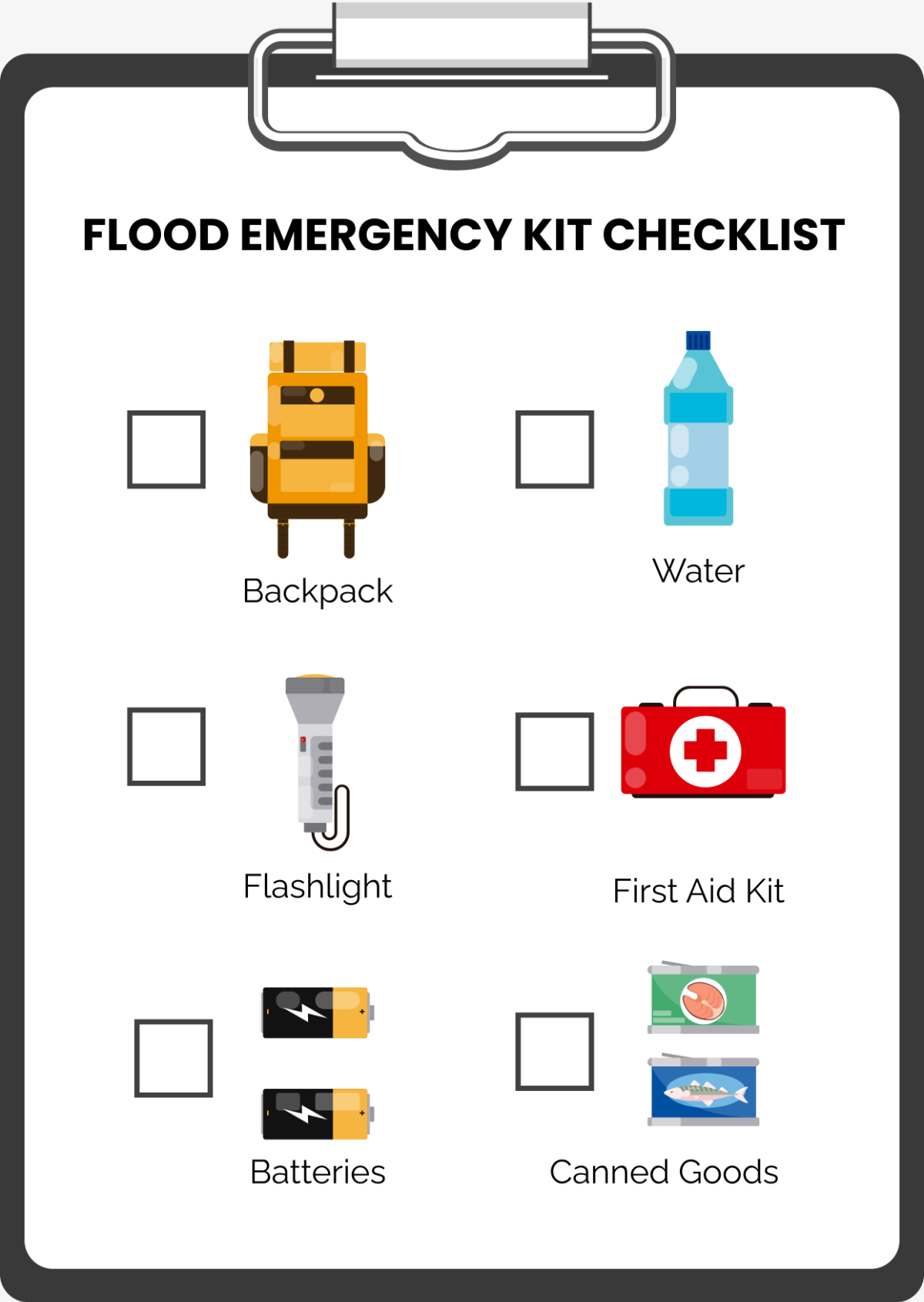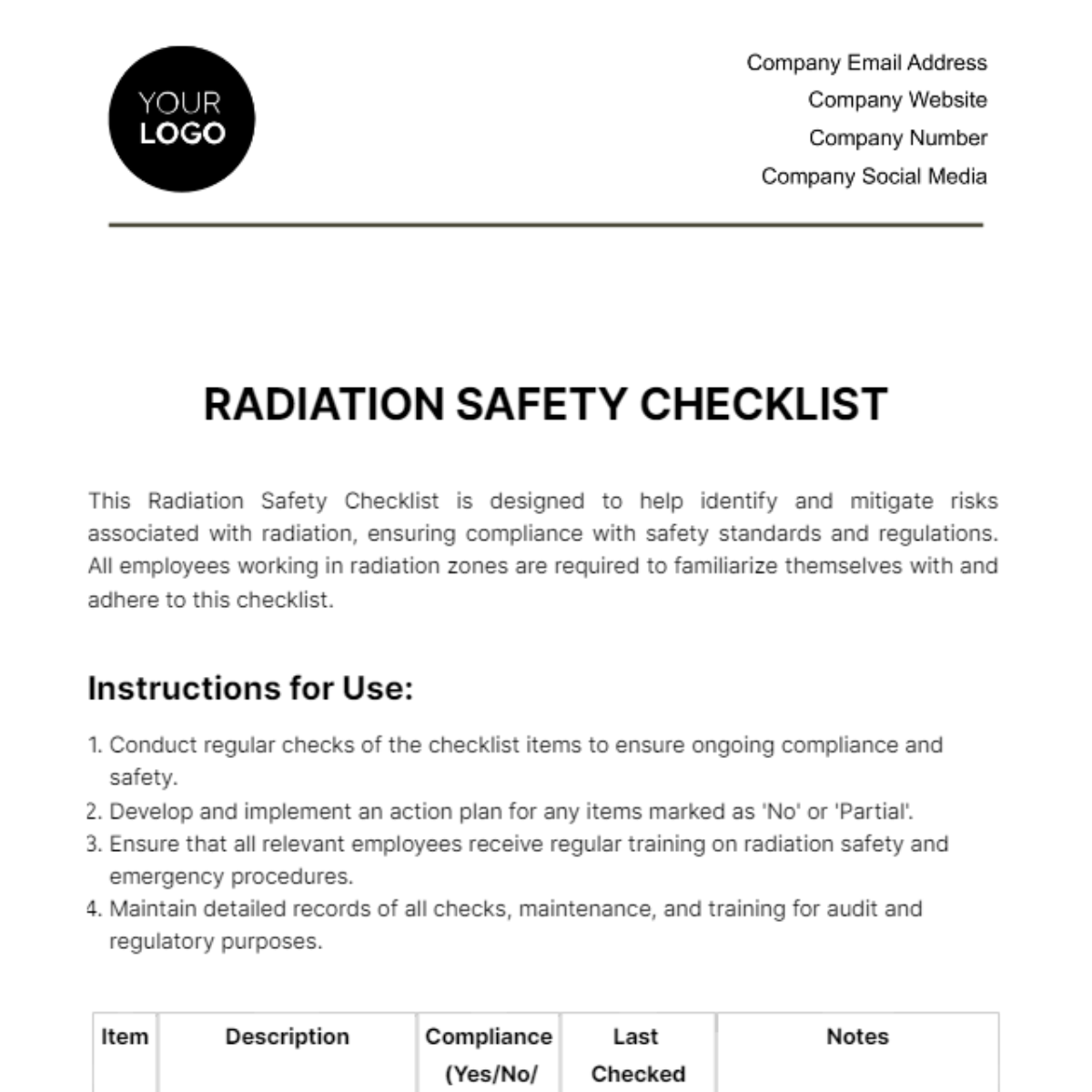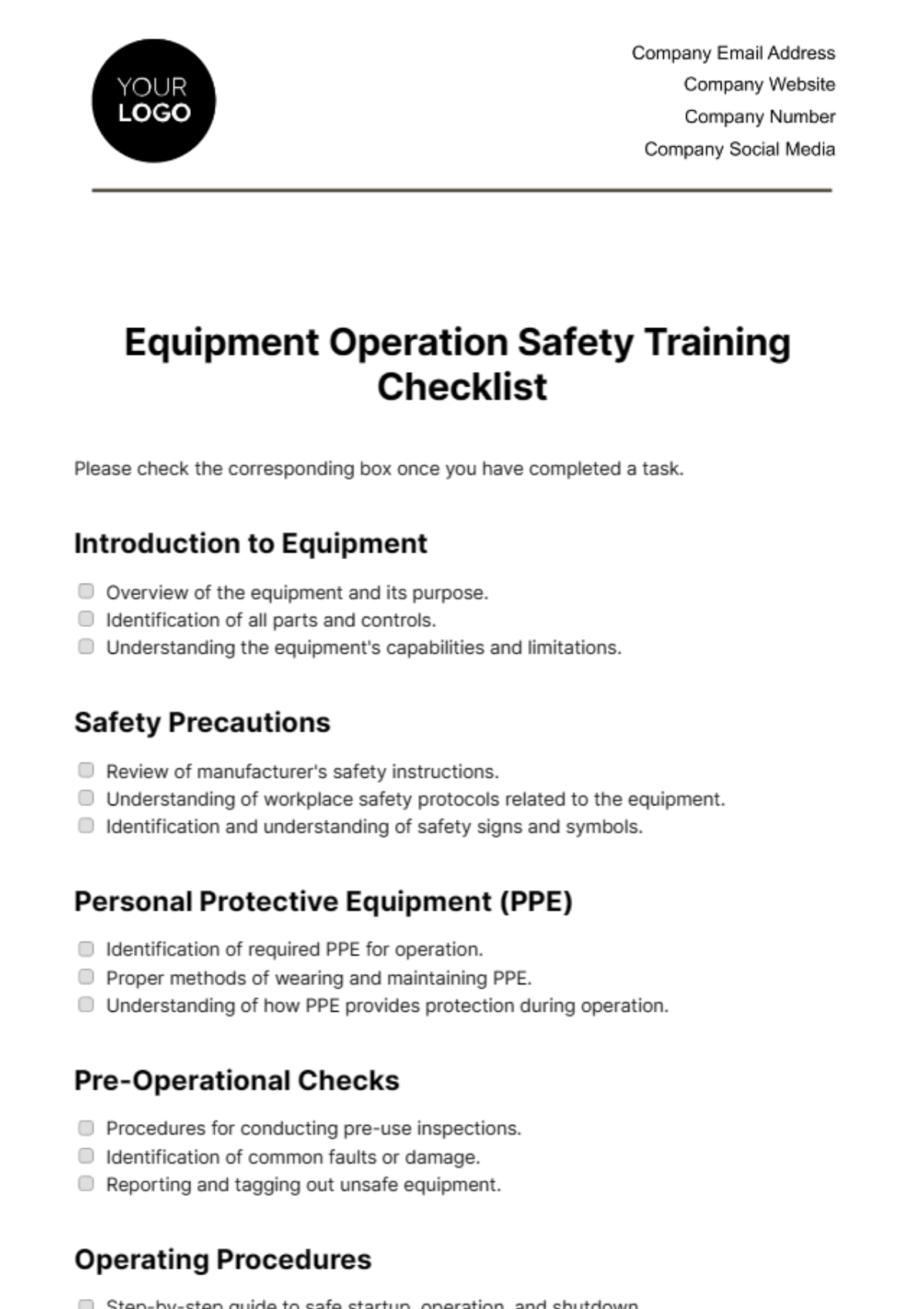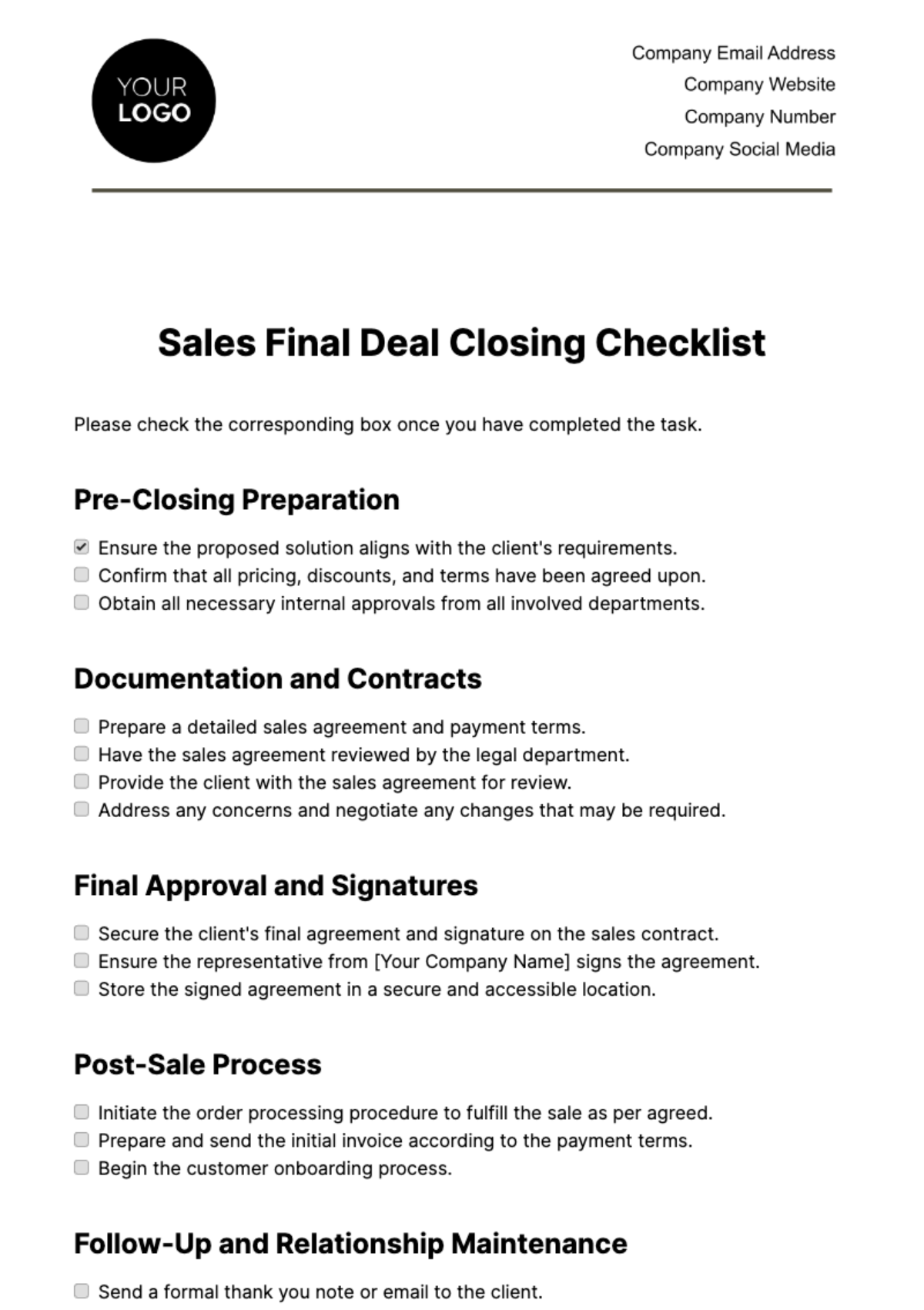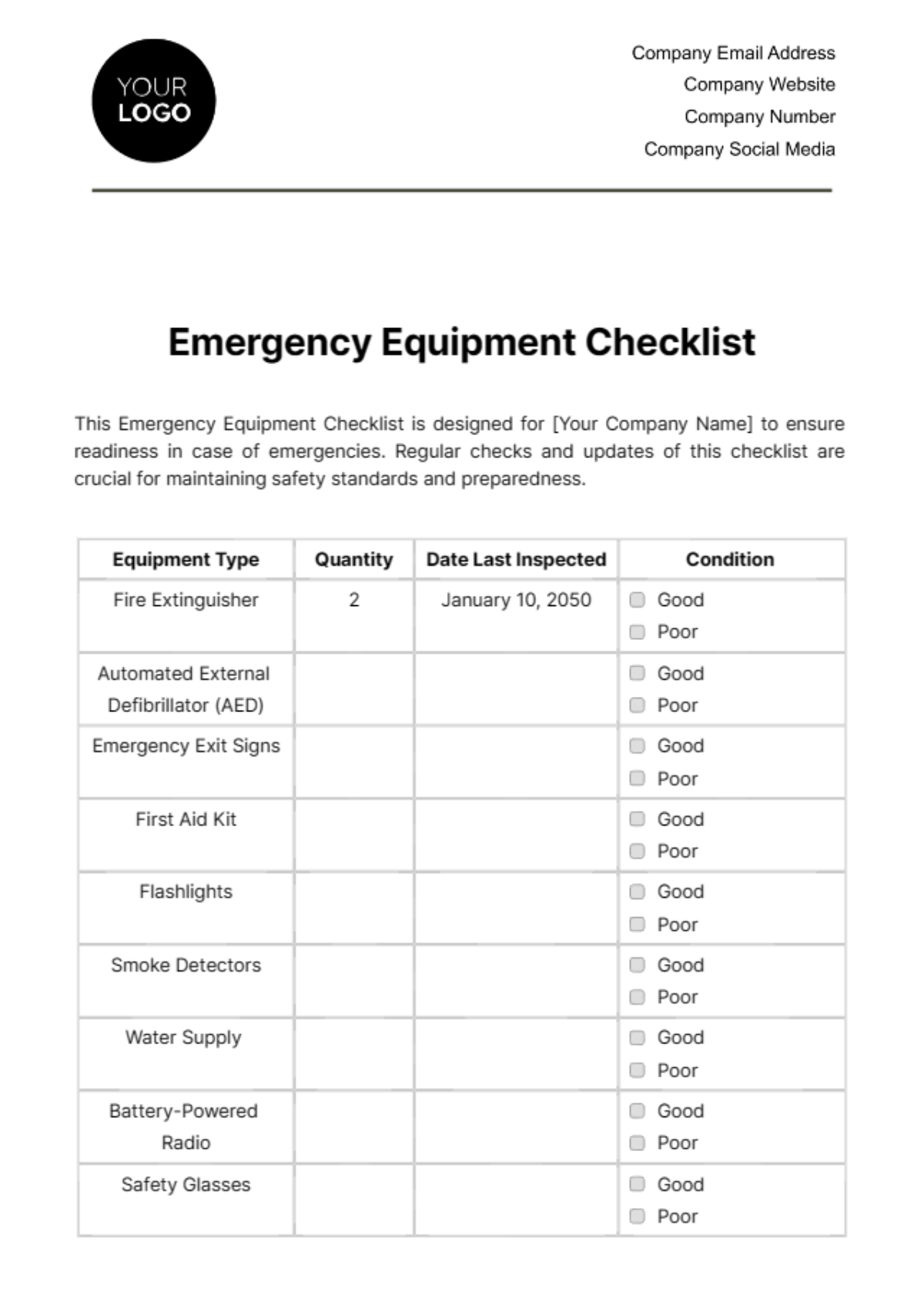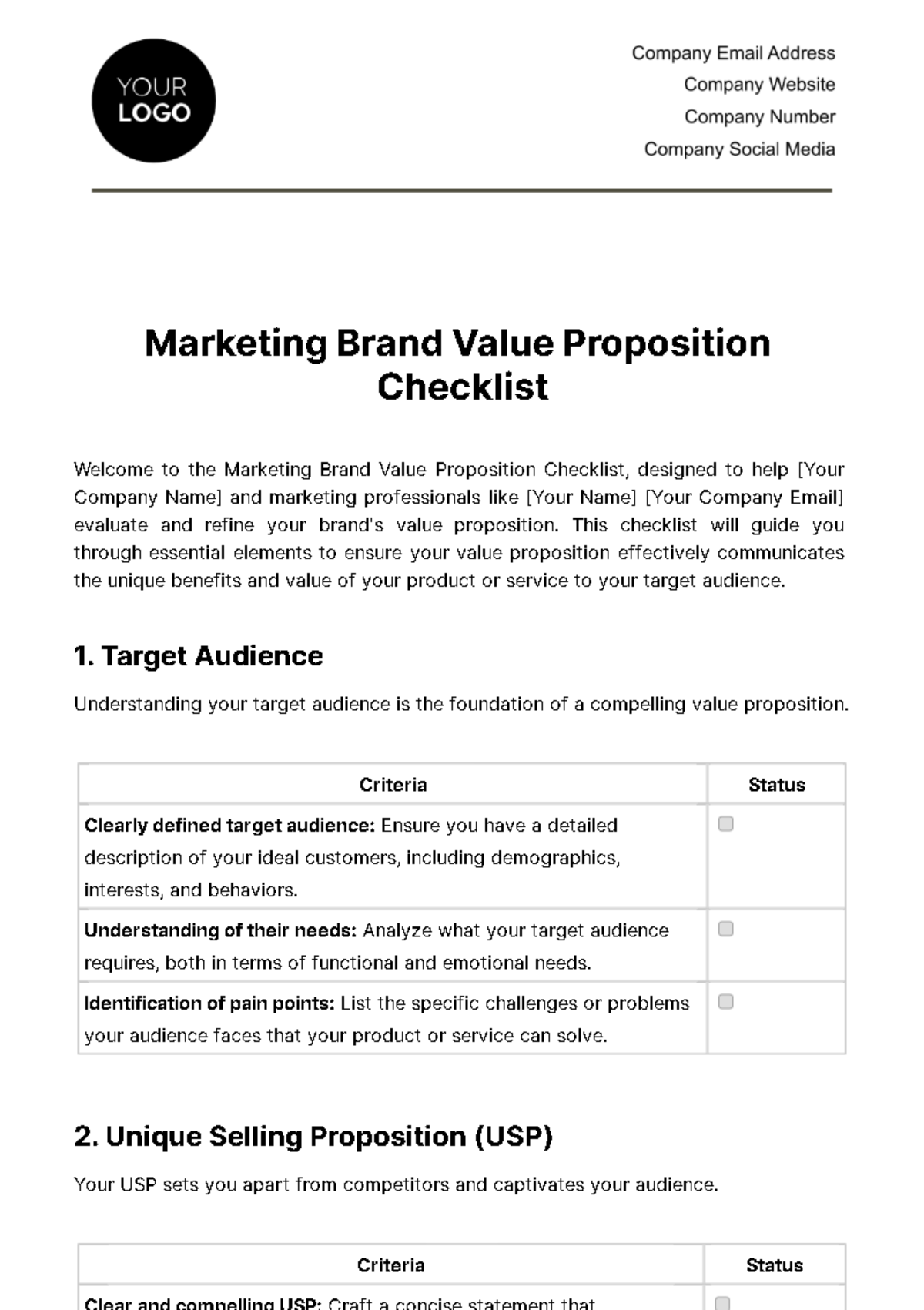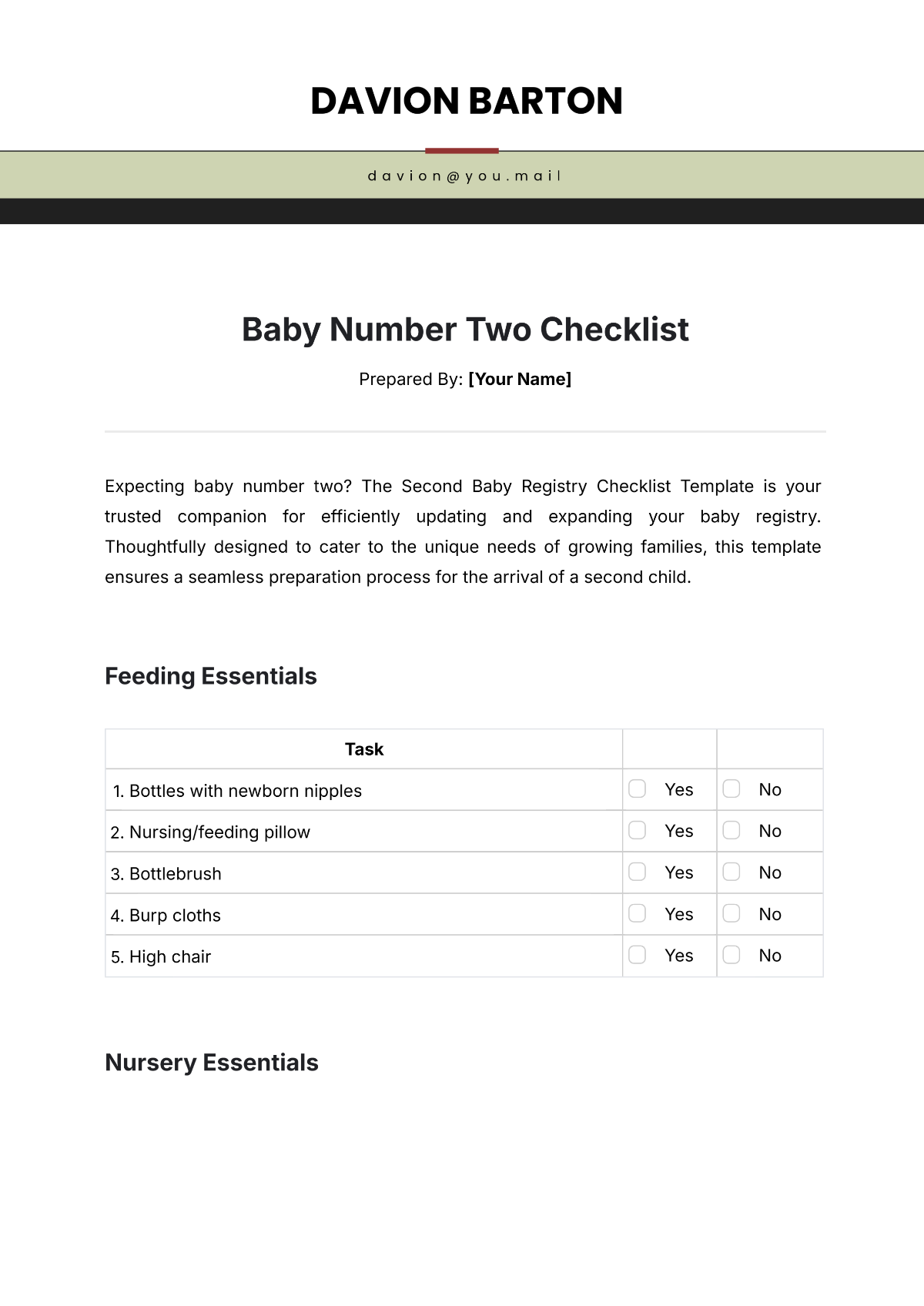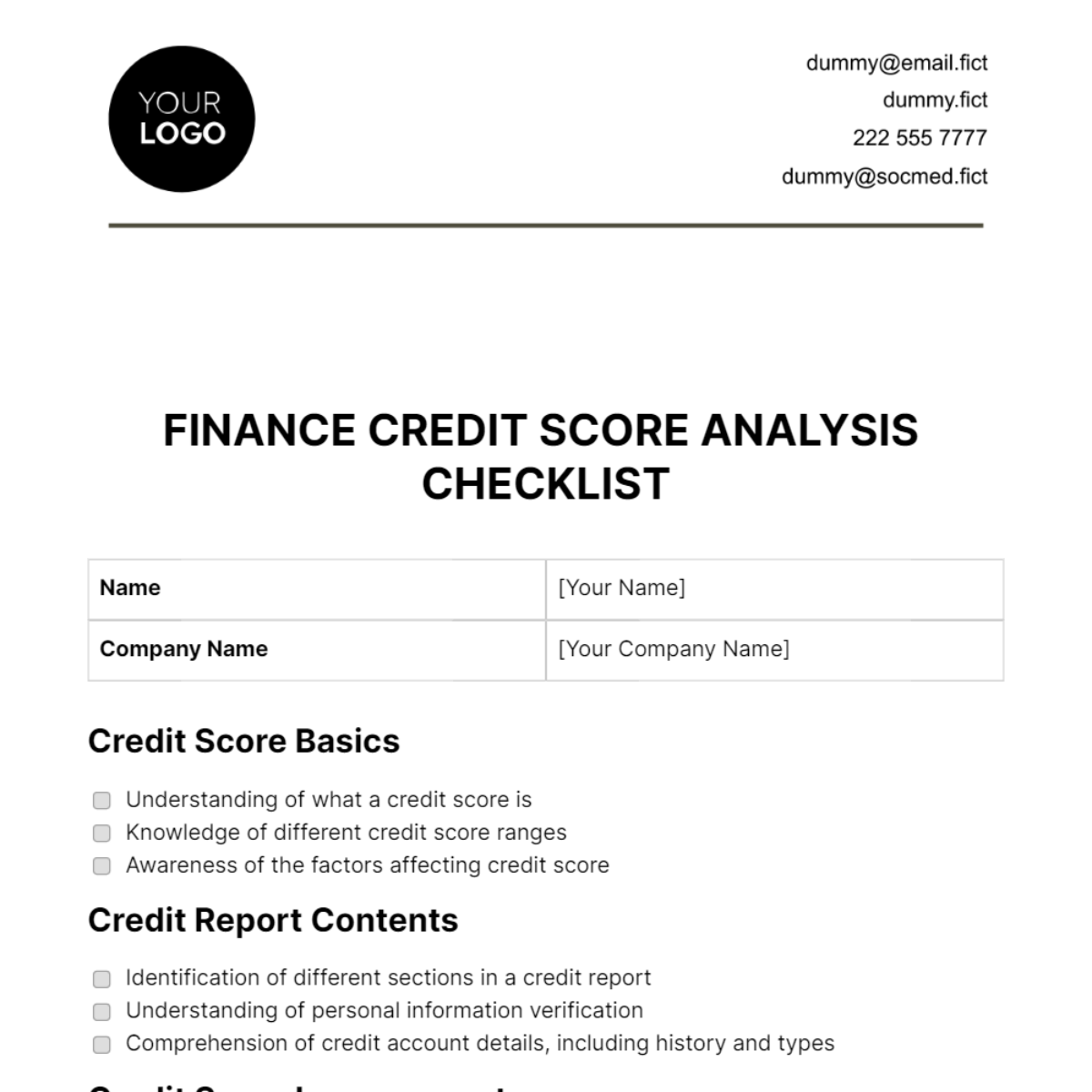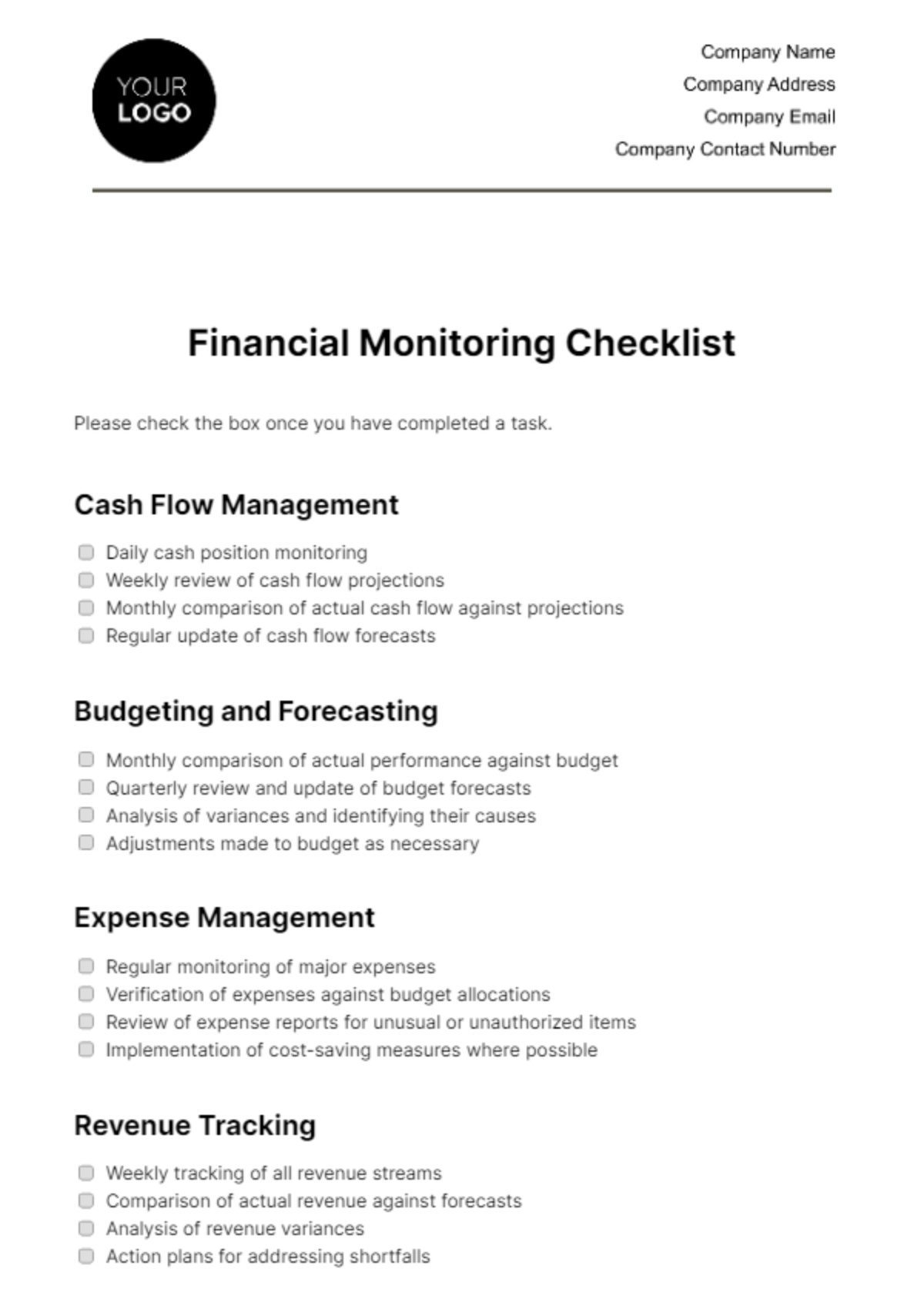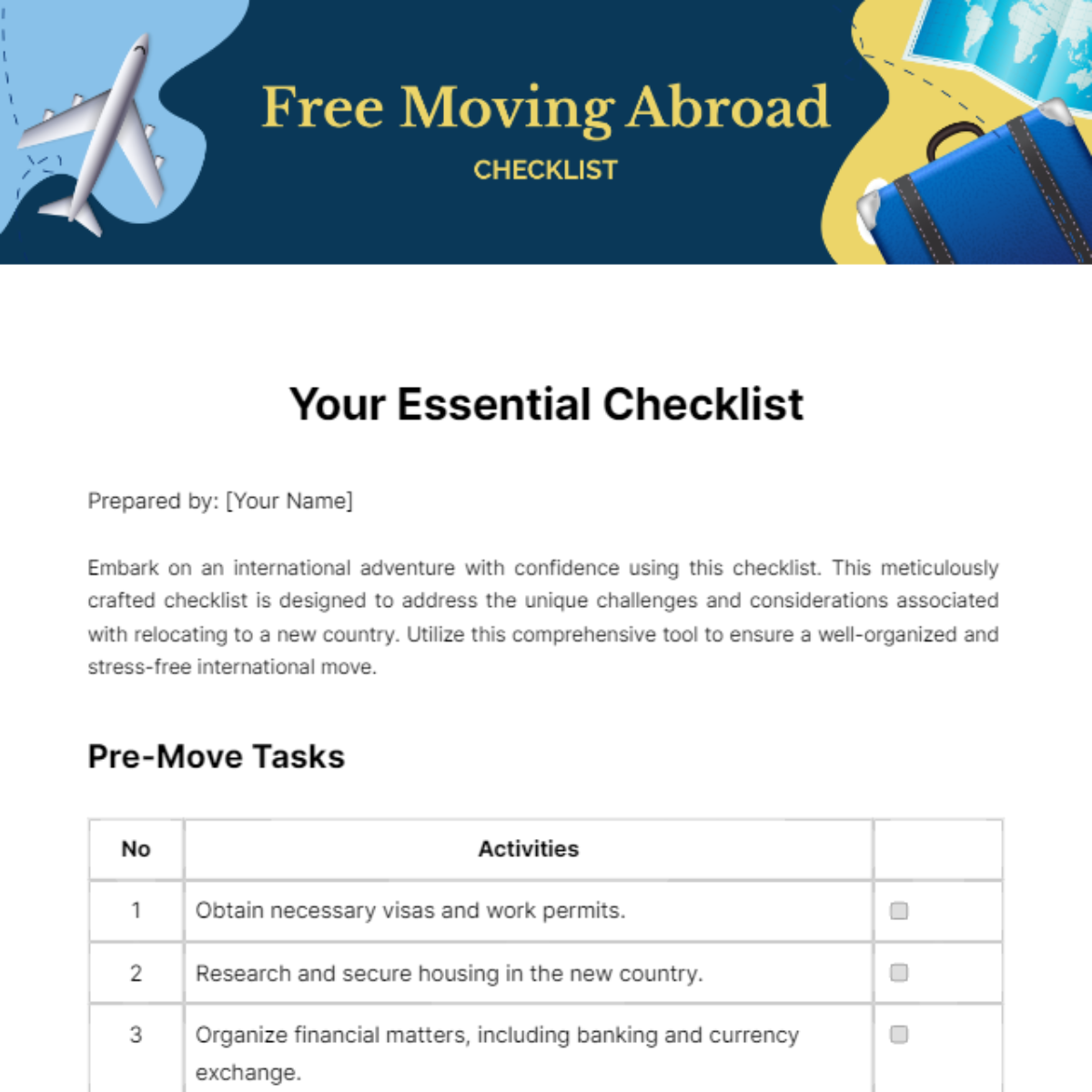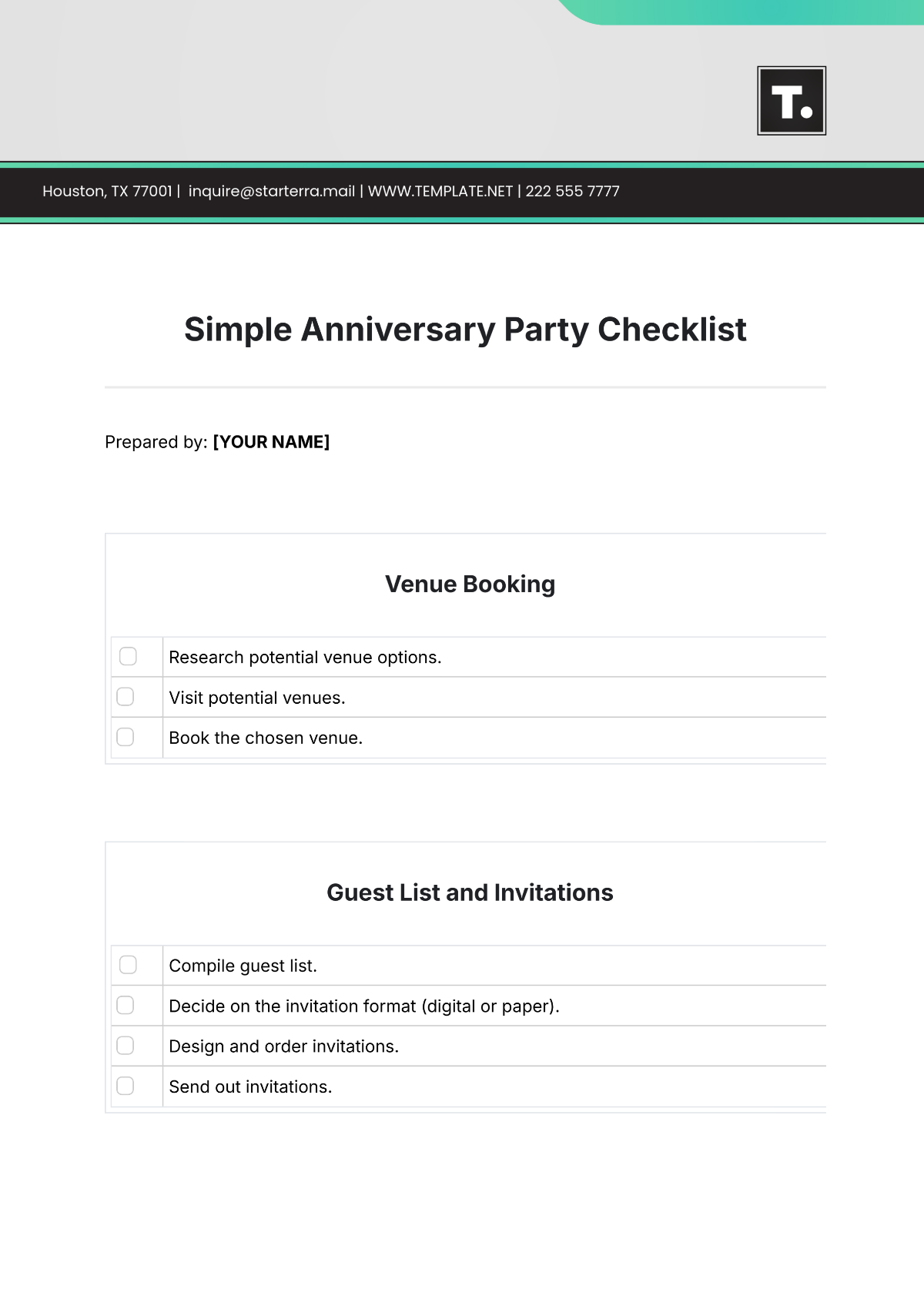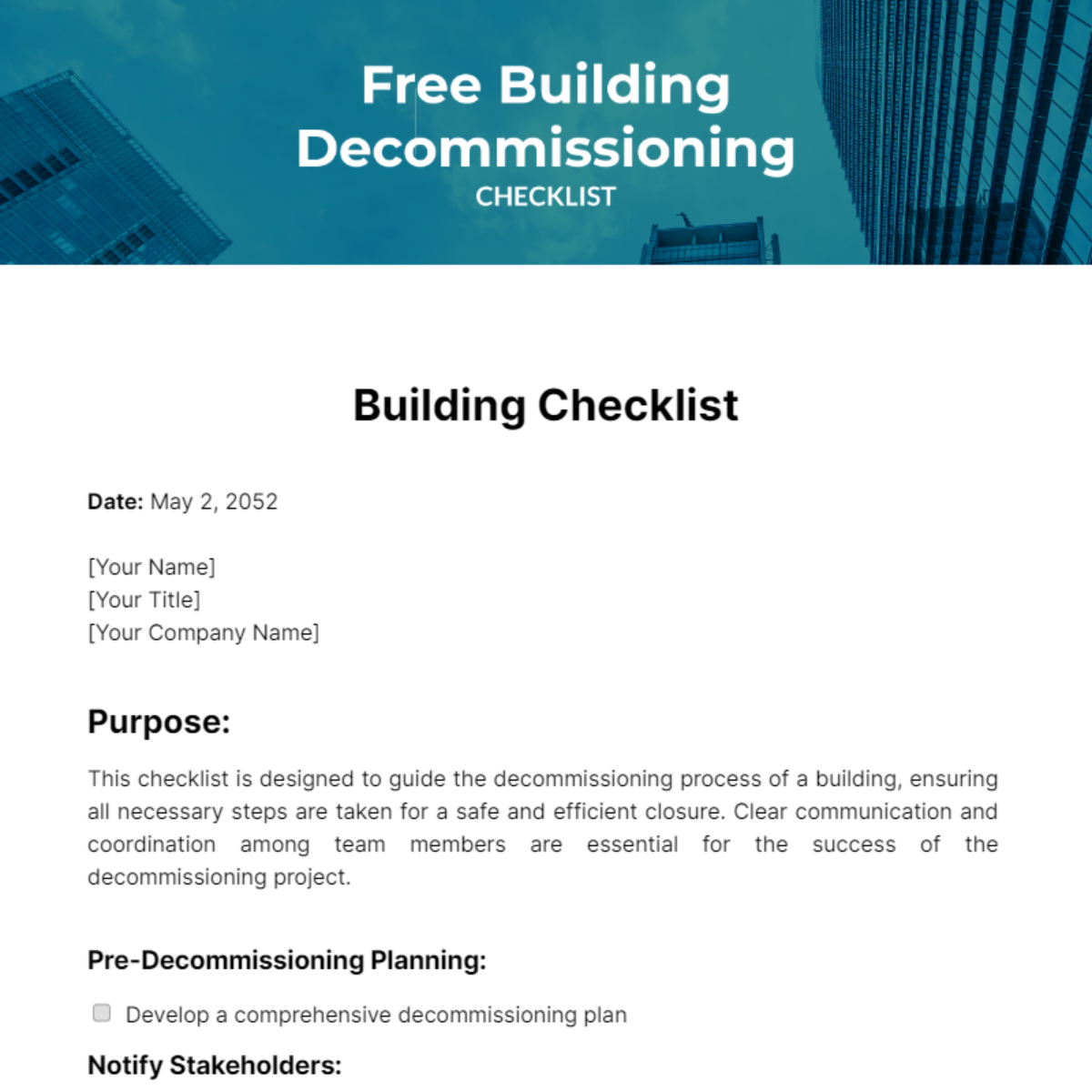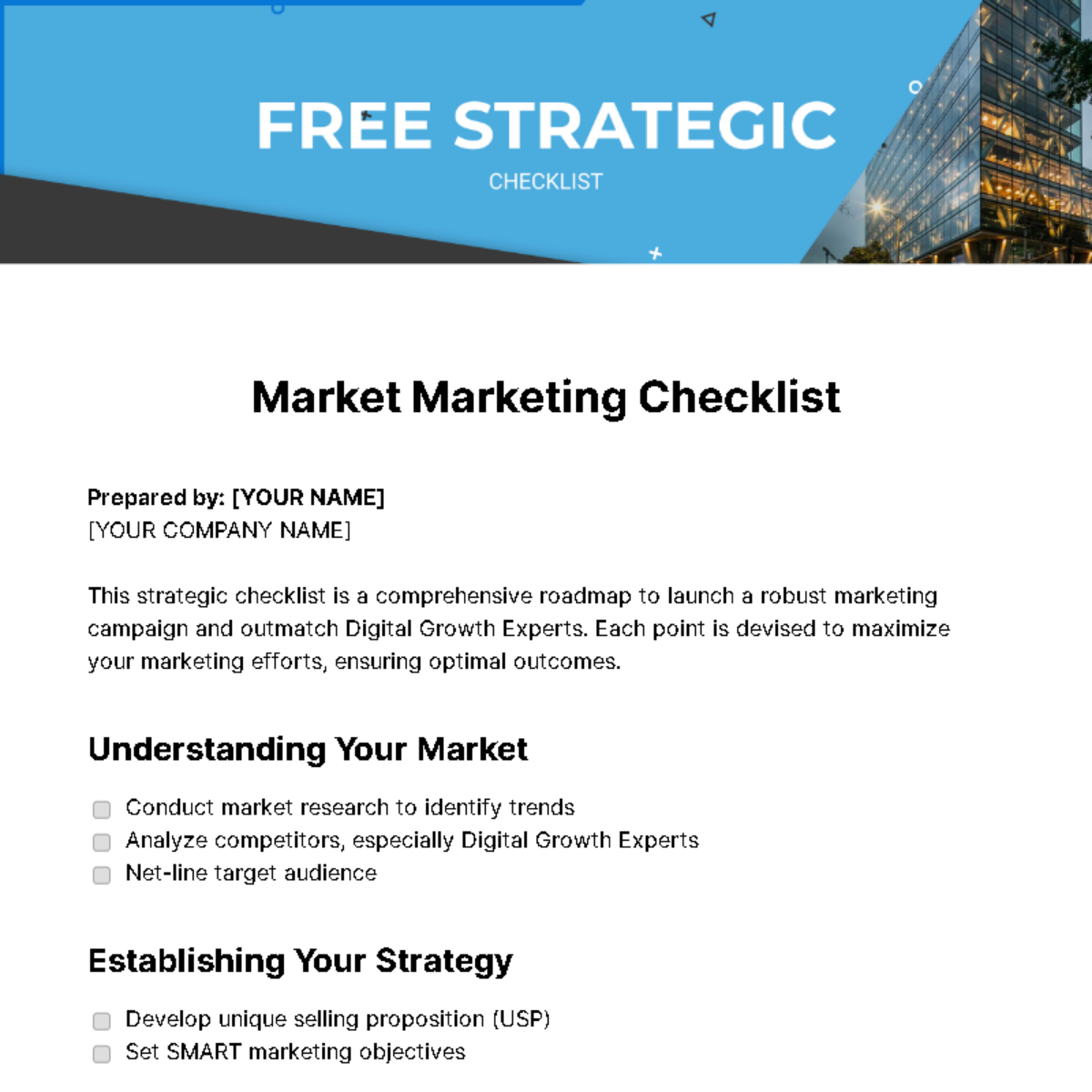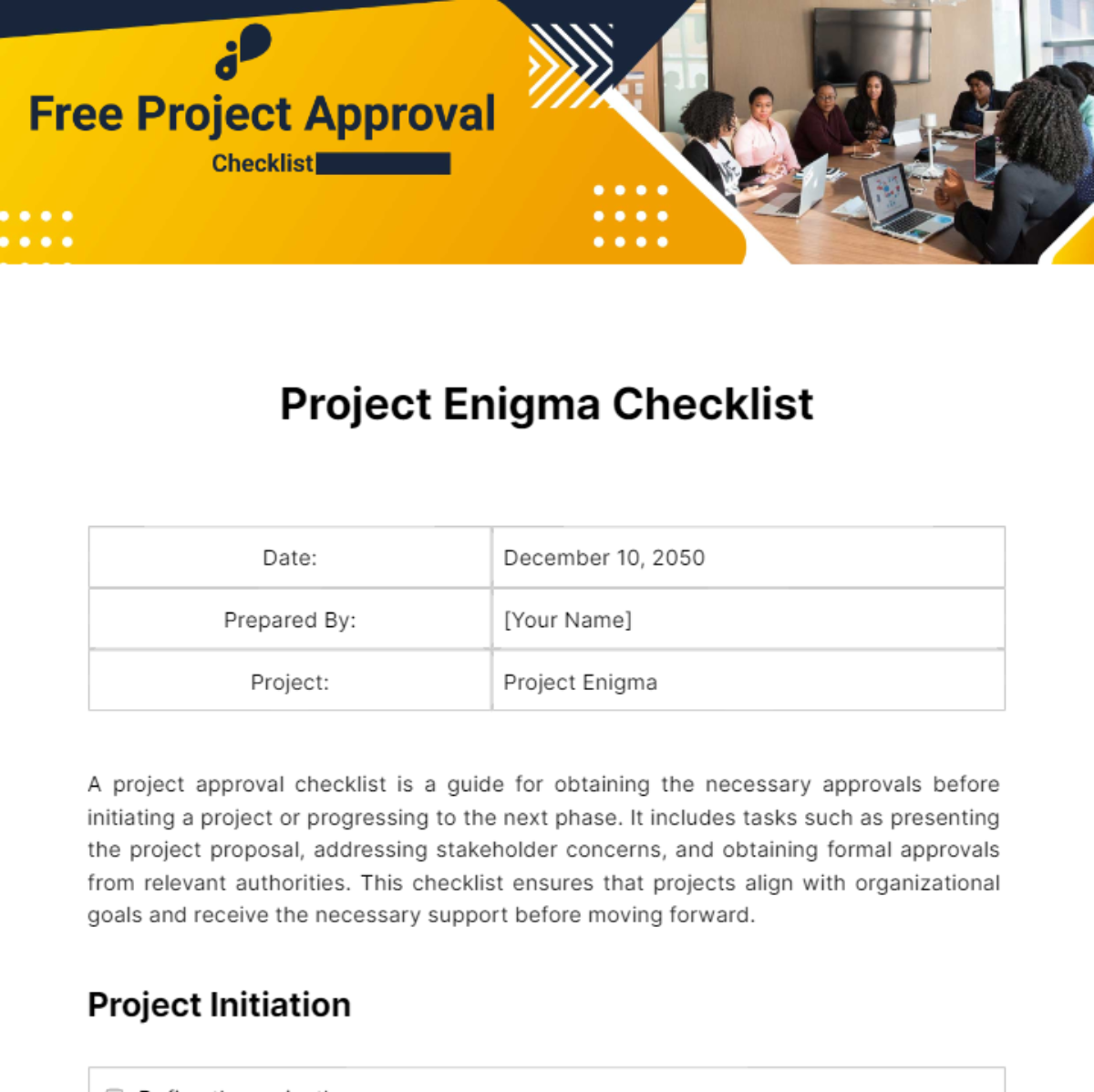Transport Manager
Name | Date | Company |
|---|---|---|
[Your Name] | June 12, 2055 | [Your Company Name] |
Fleet Management:
Oversee the maintenance and optimization of the transport fleet.
Ensure vehicles are regularly inspected, serviced, and comply with safety standards.
Coordinate the acquisition of new vehicles and the retirement of outdated ones.
Route Planning and Optimization:
Develop efficient route plans to maximize fuel efficiency and minimize delivery times.
Utilize route optimization software and technologies to enhance planning.
Monitor and adjust routes based on real-time traffic and weather conditions.
Regulatory Compliance:
Stay informed about transportation regulations and compliance standards.
Ensure that all vehicles, drivers, and operations adhere to legal requirements.
Address any compliance issues promptly and implement corrective actions.
Driver Management:
Recruit, train, and manage a skilled team of drivers.
Monitor driver performance and ensure adherence to safety protocols.
Implement driver training programs to enhance skills and promote safety.
Vehicle Tracking and Technology:
Implement telematics and GPS tracking systems to monitor vehicle locations and performance.
Utilize technology for real-time updates on delivery statuses and potential delays.
Stay informed about advancements in transportation technology for continuous improvement.
Safety Protocols:
Establish and enforce safety protocols for both drivers and vehicles.
Conduct regular safety training sessions and drills for the transport team.
Investigate and address any safety incidents or violations promptly.
Cost Management:
Develop and manage budgets for transportation operations.
Identify cost-saving opportunities without compromising service quality.
Monitor fuel consumption, maintenance costs, and overall operational expenses.
Customer Service:
Foster positive relationships with clients and stakeholders.
Address customer inquiries and concerns promptly and professionally.
Implement customer feedback mechanisms to enhance service quality.
Inventory and Stock Management:
Collaborate with inventory management teams to optimize stock levels.
Coordinate timely deliveries to meet inventory demands.
Implement systems for tracking and managing inventory within the transportation process.
Environmental Sustainability:
Implement eco-friendly practices to reduce the environmental impact of transportation.
Explore alternative fuel options and energy-efficient vehicles.
Stay informed about sustainable transportation practices and industry trends.
Emergency Response Planning:
Develop and implement emergency response plans for unforeseen incidents.
Coordinate with local authorities and emergency services for efficient response.
Conduct regular drills to ensure the team is well-prepared for emergencies.
Documentation and Record-Keeping:
Maintain accurate records of transportation activities, including delivery schedules and routes.
Ensure documentation compliance with legal and regulatory requirements.
Implement electronic systems for efficient record-keeping.
Continuous Improvement:
Foster a culture of continuous improvement within the transport team.
Encourage feedback from team members to identify areas for enhancement.
Regularly review and update operational processes to increase efficiency.
Global Supply Chain Awareness:
Stay informed about global supply chain trends and challenges.
Adapt strategies based on international regulations and trade considerations.
Collaborate with global partners to optimize cross-border transportation.
